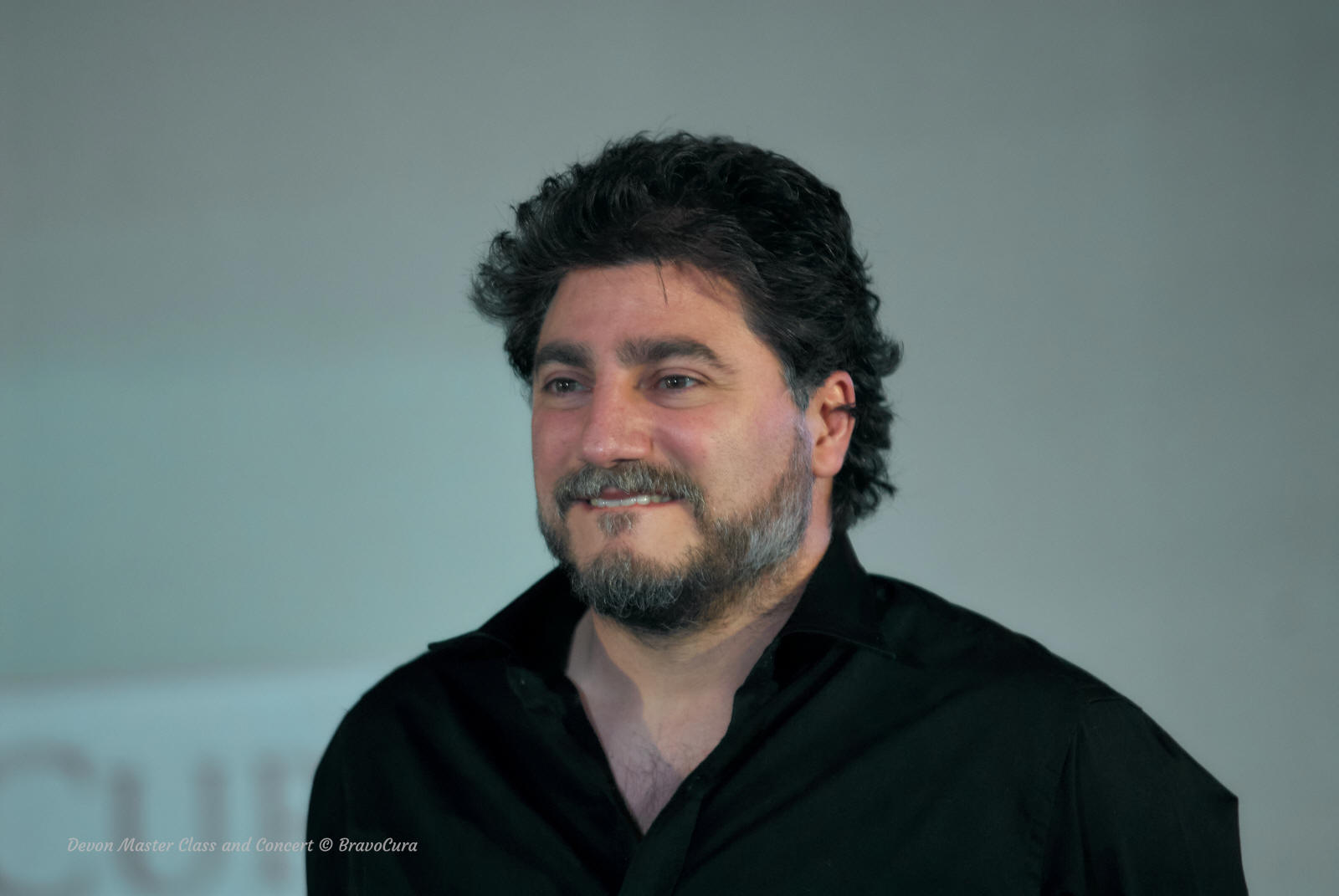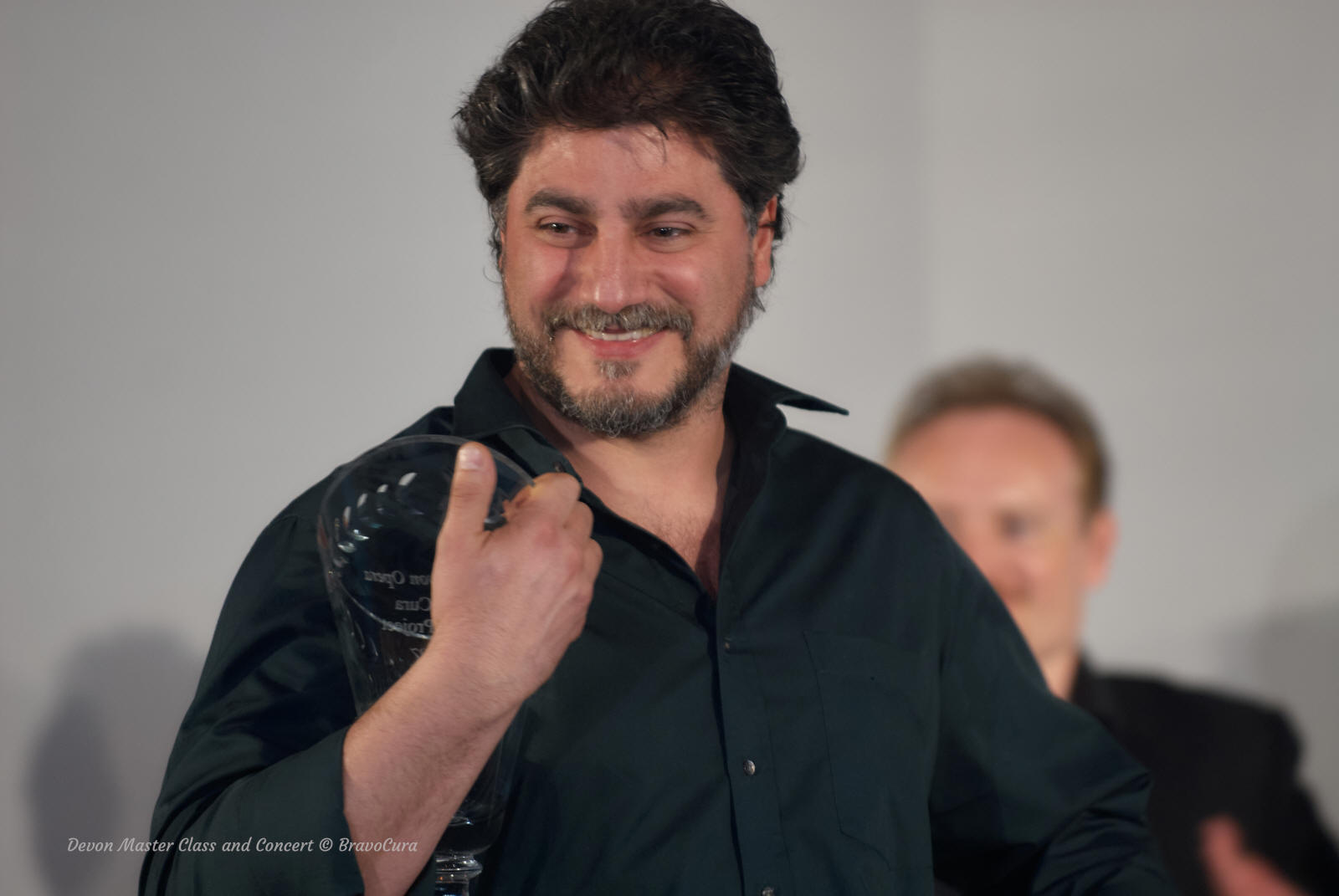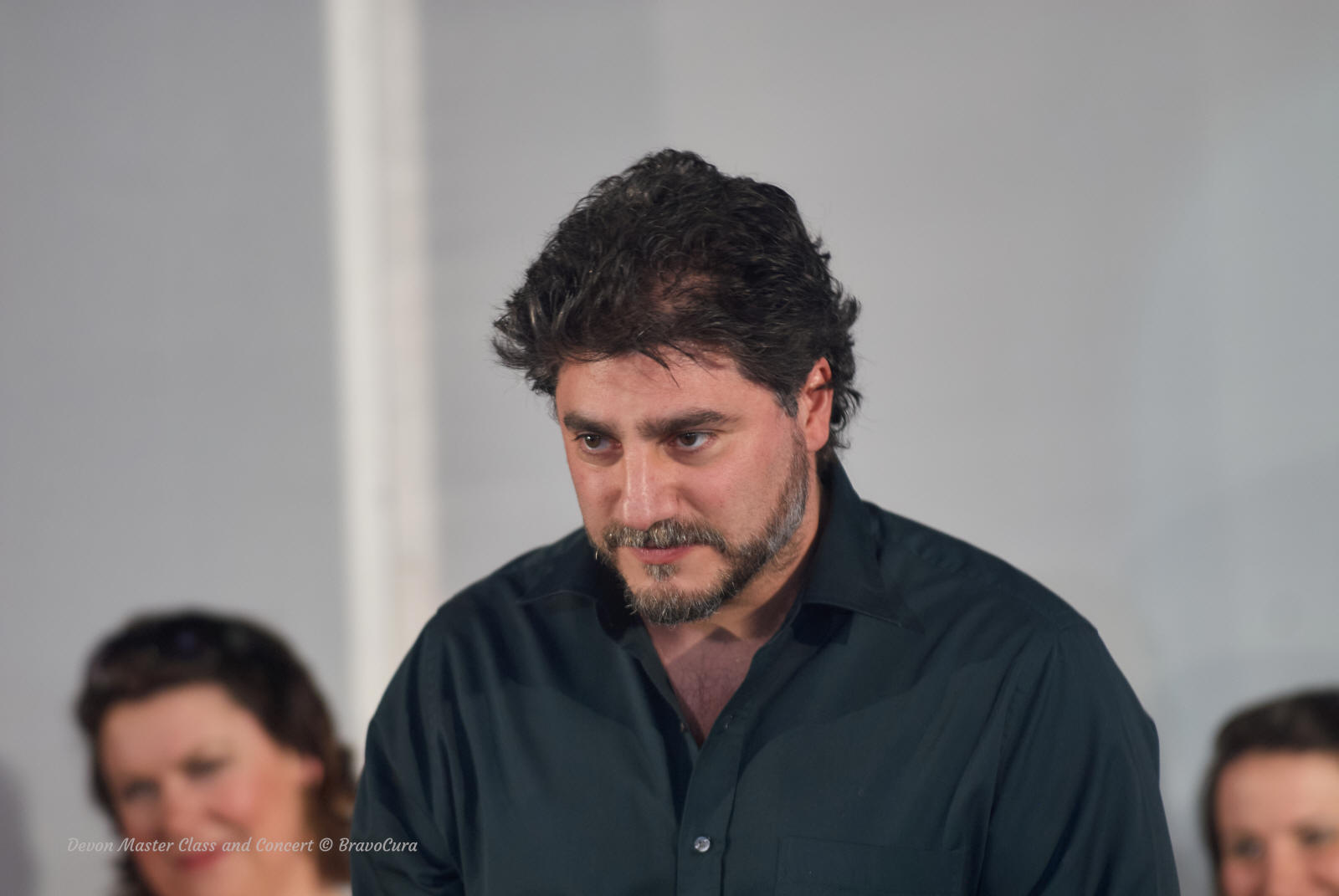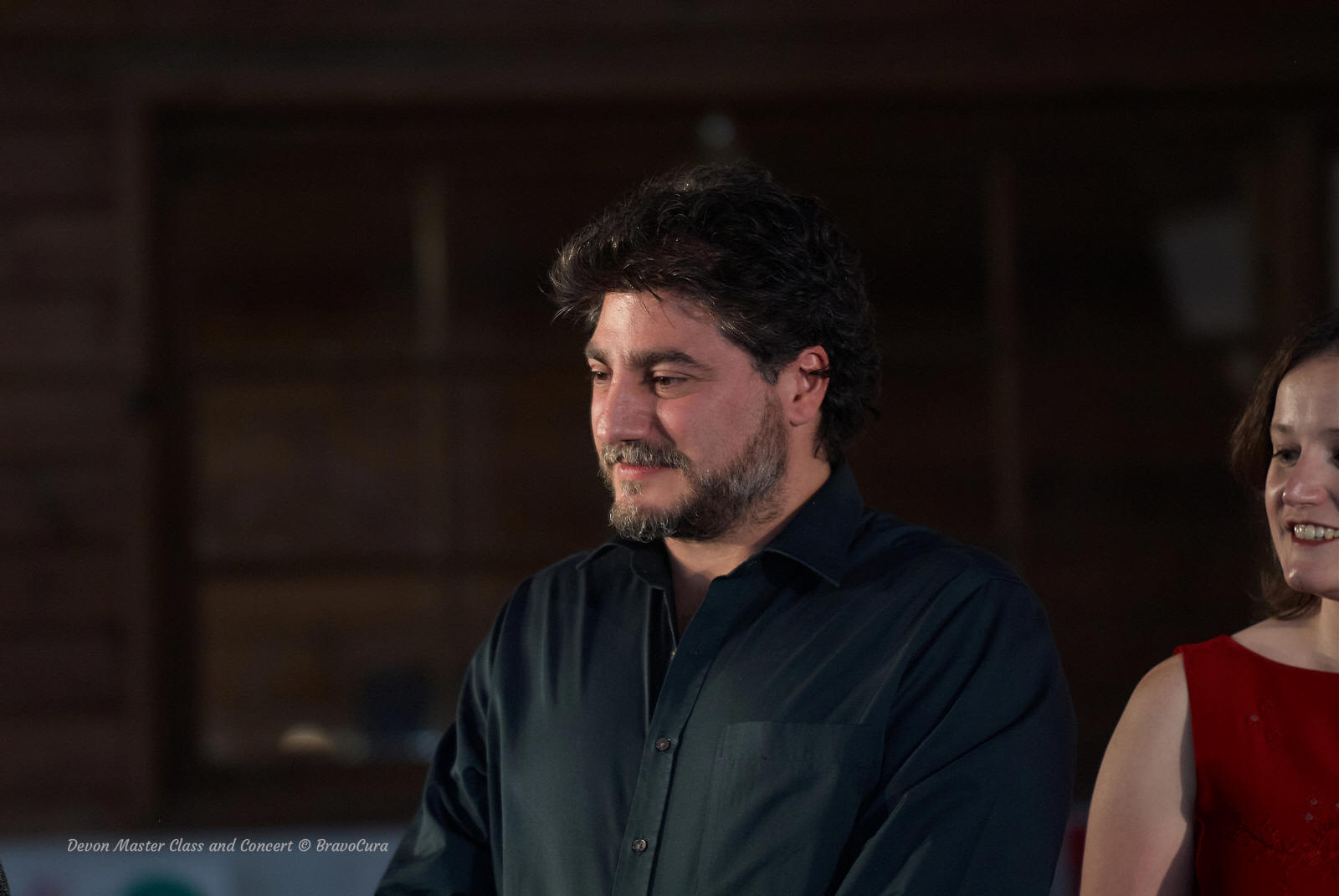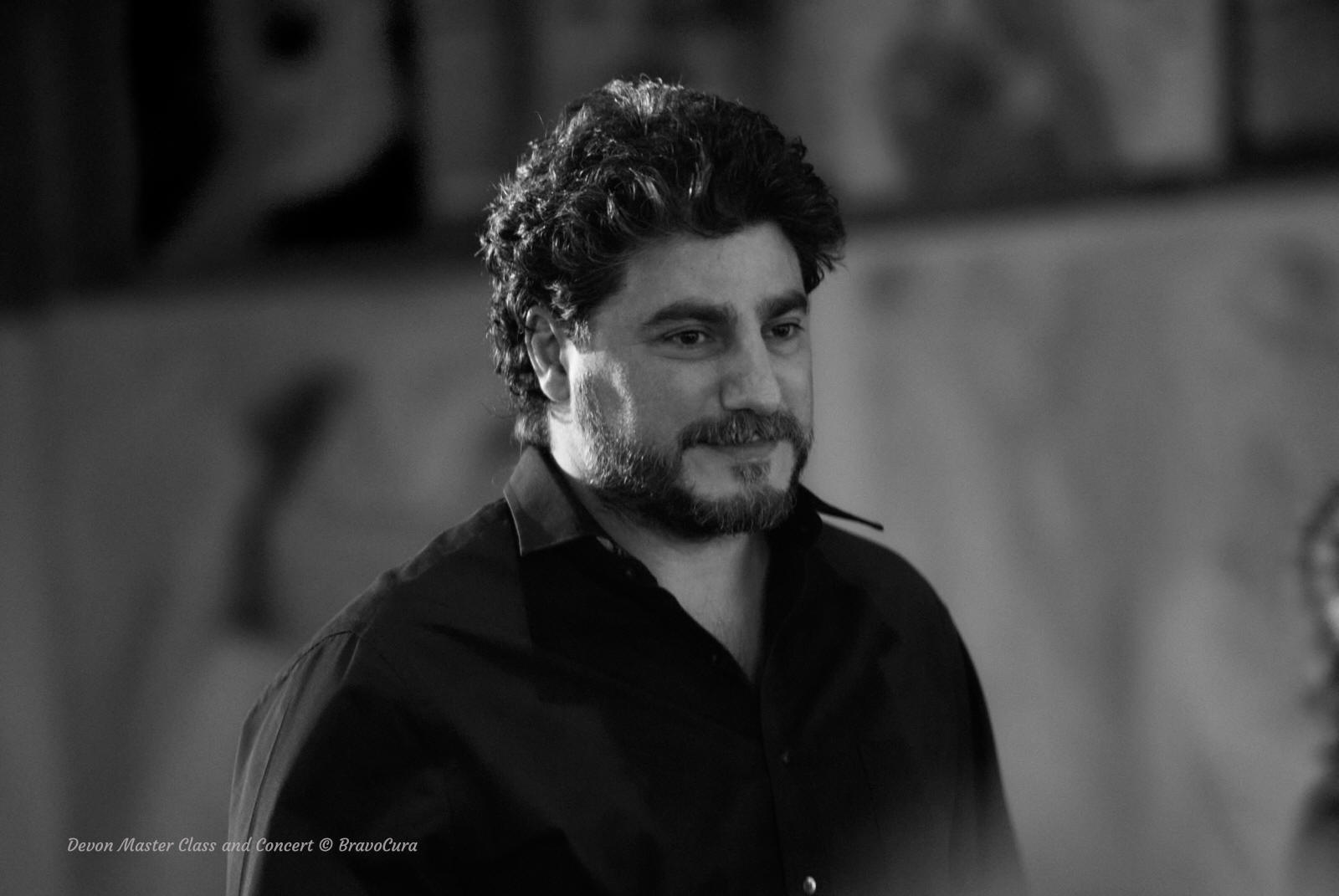Jury Member - 2025 Moscow
and follow-up concert
























Cura Chairs Second Voice of Kamen Competition
Second International Competition for Young Tenors THE VOICE OF KAMEN20-27 August 2024 – Stara ZagoraThe Competition “The Voice of Kamen” was created with the mission to continue the life of the ideas and understanding of Kamen Chanev of the essence of the opera art.The Competition “The Voice of Kamen” is an opportunity for young artists from all over the world to relay the message of full dedication and honesty to the art of an exceptional tenor, part of the most valuable history of the world opera.The Second International Competition for Young Opera Singers – Tenors “The Voice of Kamen” is organized by the Stara Zagora State Opera, by the Foundation “Kamen Chanev” with the assistance of the “Board of Trustees of the Stara Zagora Opera”. The Competition will be held from 20 August to 27 August 2024 in two professional rounds before an international jury, presenting “The Voice” as a musical talent, and a 3rd round with a focus on the personal message of the artist in which the participants are assessed by the audience. The Competition is unique of its kind and is only for tenors, Bulgarian and foreign citizens at the age between 22 years and 40 years. The head of the jury is the world-renowned Argentinian tenor, conductor and composer José Cura. According to the regulations the young opera singers-tenors from Bulgaria and abroad can register for participation not later than 1 July 2024 in the Internet site of the Competition https://kamenchanev.org/. The Competition for Young Tenors “The Voice of Kamen” will be held in two rounds in accordance with a preliminary draw /20 August/. All works will be performed in the original language and to a piano accompaniment. In the first round /21, 22 August/ the candidates perform two arias – the first by their own choice, the second – chosen by the jury from the offered by the candidate arias. In the second round /24, 25 August/ – with two arias: the first by the choice of the candidate, the second – from the repertoire of Kamen Chanev. The first and the second round are held without the presence of an audience. In the third round “The Artist and the City” the candidates compete for the vote of the audience, having the opportunity to personally choose how to present their artistic individuality – with an aria from an opera or a musical, folklore song, popular song or such that best presents their national identity. In the third round all have the right to participate, regardless of whether they have classified for the final of the competition. For the intended out of the competition program third round, which will be held on a specially built stage in front of the Stara Zagora Municipality – the entry for the audience is free. The Gala Concert of the laureates will be held on 27 August on the stage of the Antique Forum “Augusta Trayana” with the Orchestra of the Stara Zagora State Opera under the baton of José Cura. The entry for the audience is with tickets. The authoritative international jury, which will assess the participants in the Competition includes José Cura /tenor, conductor, composer/, Tanya Ivanova /soprano/, founder of the Foundation “Kamen Chanev”, Krasimira Stoyanova -soprano, Kamersingerin of the Vienna State Opera, Vesselina Kasarova /mezzo-soprano, Kamersingerin of the Vienna State Opera and the Bavarian State Opera, artistic director of the Stara Zagora State Opera/, Kaludi Kaludov /tenor, vocal pedagogue/, Alex Grigorev /impresario – TACT Artists Management/, Ognyan Draganov /director, managing director of the Stara Zagora State Opera/, Luciano di Martino /conductor of the Plovdiv State Opera/, Rafal Janik /conductor, professor in conducting /conductor, artistic director of Theater Wielki-Lodz, Poland/, Vladimir Kiradzhiev /conductor, professor in conducting in the Viennese High School for Music and Scenic Arts/, Luca Ceretta – managing director of WORLD ENTERTAINMENT COMPANY HUNGARY Kft. The organizers of the Competition have intended first, second and third prizes. Intended are also special prizes: by the Plovdiv State Opera – a contract and participation in an opera production for the season 2024-2925; of Theater Wielki – Lodz, Poland – a contract and participation in an opera production for the season 2024-2025; Prize of the Stara Zagora State Opera – “Kamen Chanev – for Honesty in the Art” and a contract for participation in an opera production for the season 2024-2025; Prize of the Sliven Symphony Orchestra – Concert in the native city of Kamen Chanev – Sliven.
Polish Tenor Adam Walasek Wins Second The Voice of Kamen Competition Bulgarian News Agency Tara Zagora 28 August 2024
Adam Walasek from Poland won first place in the second international competition for young tenors “The Voice of Kamen”, said the Stara Zagora State Opera which hosted the event. Oleg Lanovyi from Ukraine took second place and Donghyun Kim from South Korea took third place. The awards were presented on Tuesday after a gala concert of the seven tenors who reached the third stage of the competition. All participants were assessed by a jury chaired by Argentinian tenor, conductor and composer José Cura. The prize of the audience went to winner Adam Walasek. The award of the Sofia Opera and Ballet went to Oleg Lanovyi from Ukraine. The award of the Stara Zagora State Opera went to Adrian Dumitru from Romania and the award of the Razgrad Symphonic Orchestra went to Andriy Voziyan. The prize winners sang under the baton of Maestro José Cura and were accompanied by the orchestra of the Stara Zagora State Opera. The second edition of the competition Voice of Kamen was organized by the Stara Zagora State Opera and the Kamen Chanev Foundation, with the assistance of the Board of Trustees of the Stara Zagora Opera and the National Culture Fund. The first edition of the competition took place in Plovdiv in 2022. Its aim is to continue the ideas of Bulgarian tenor Kamen Chanev (1964-2020) about the essence of opera art.
|
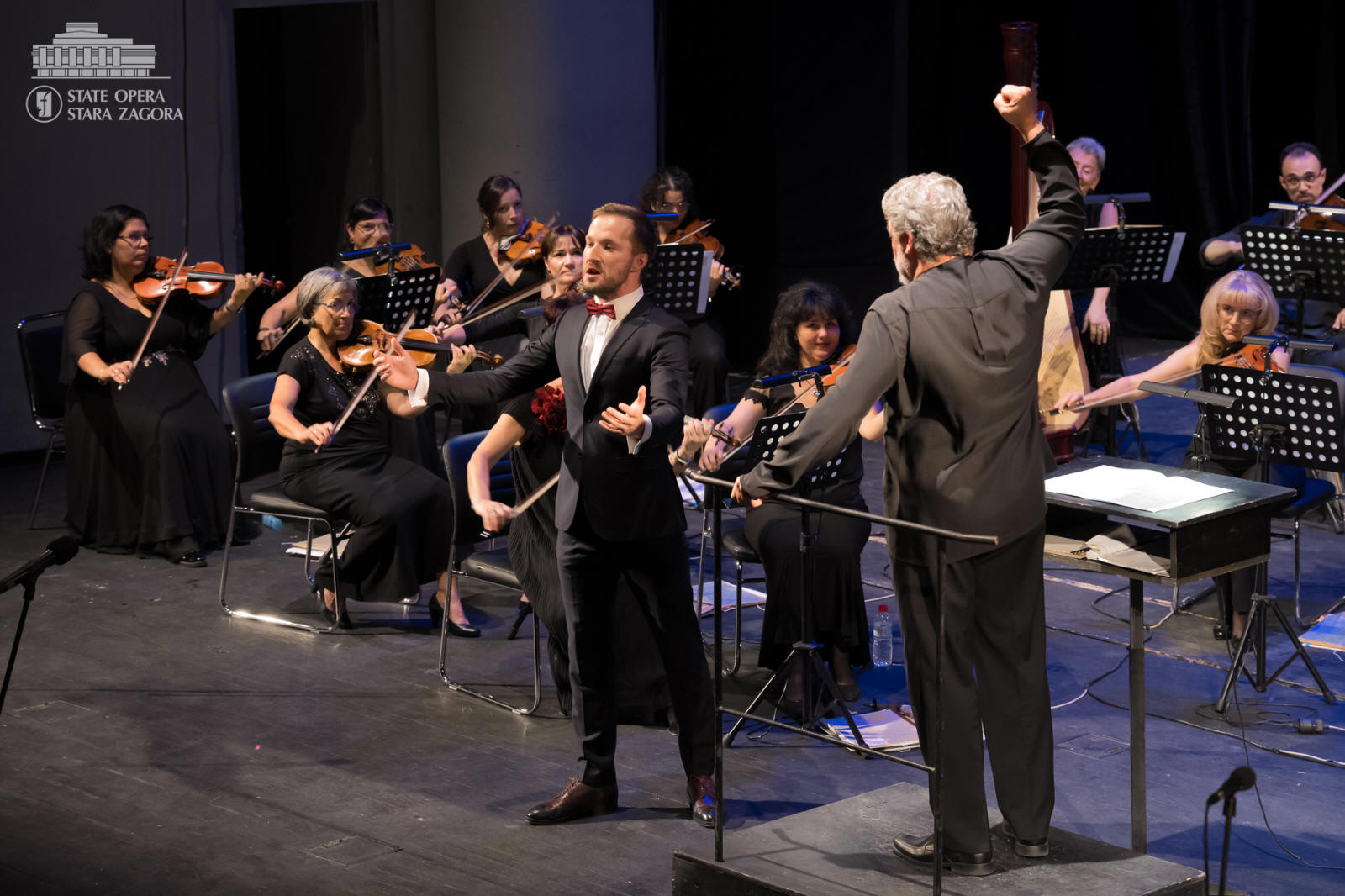
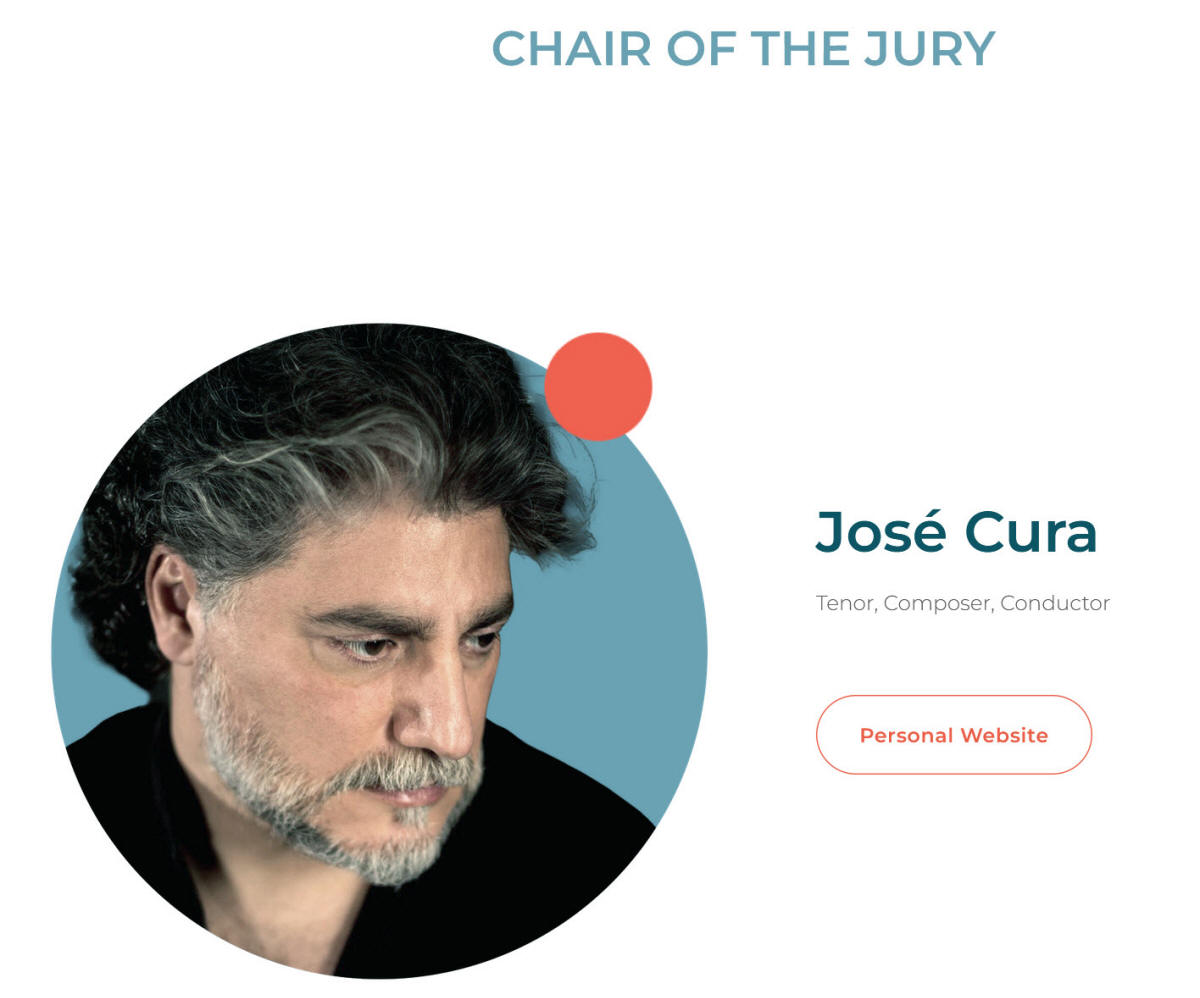




















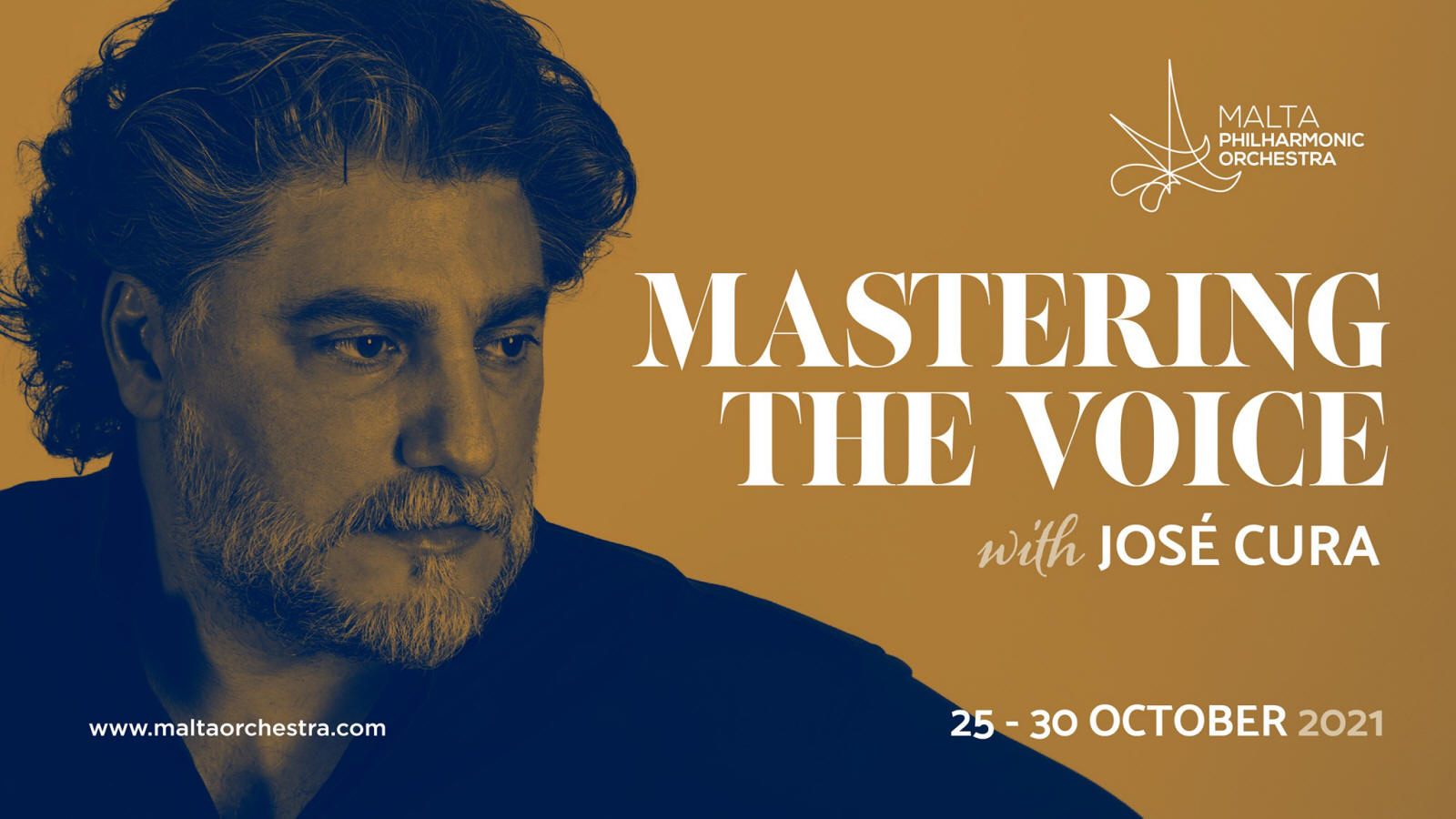
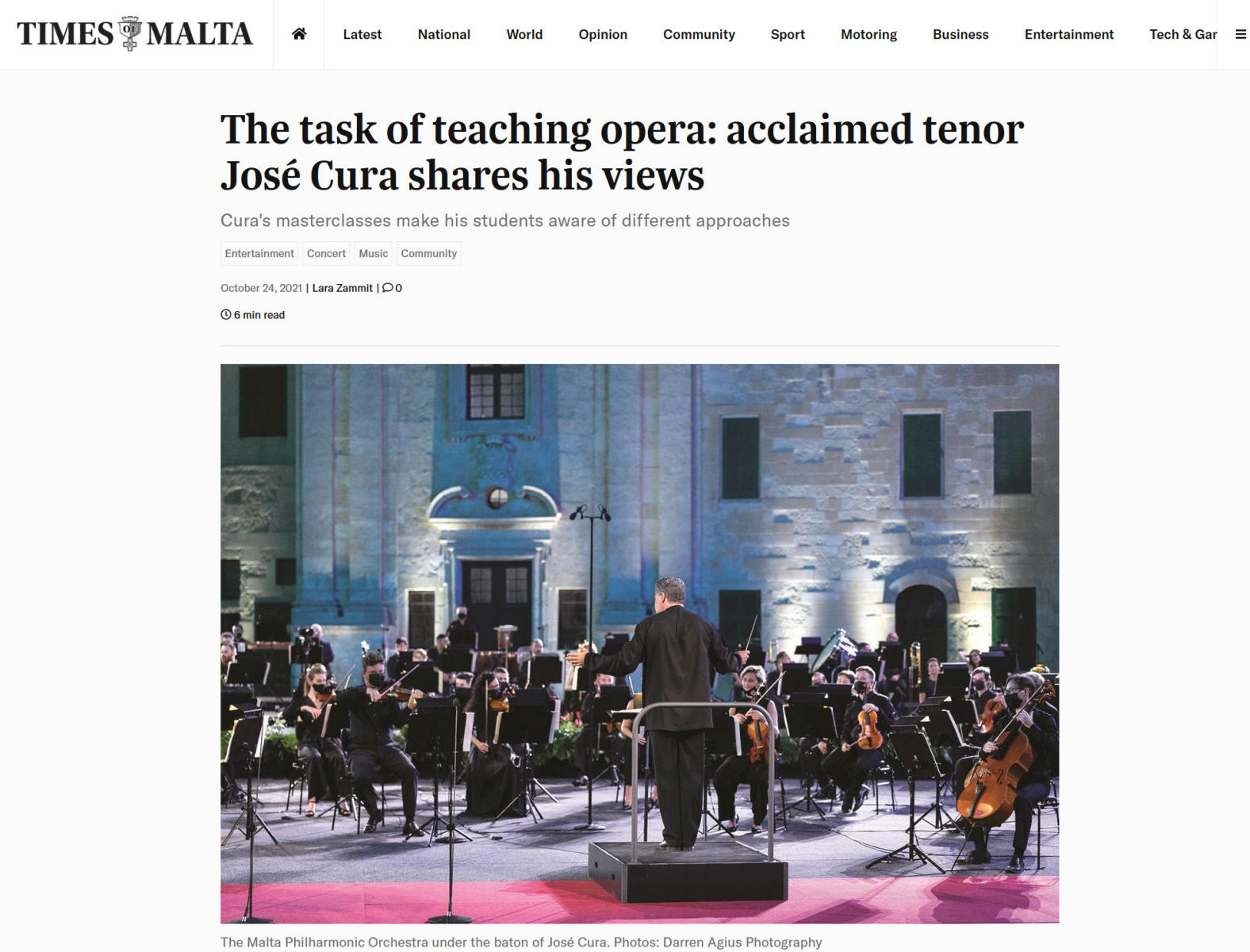
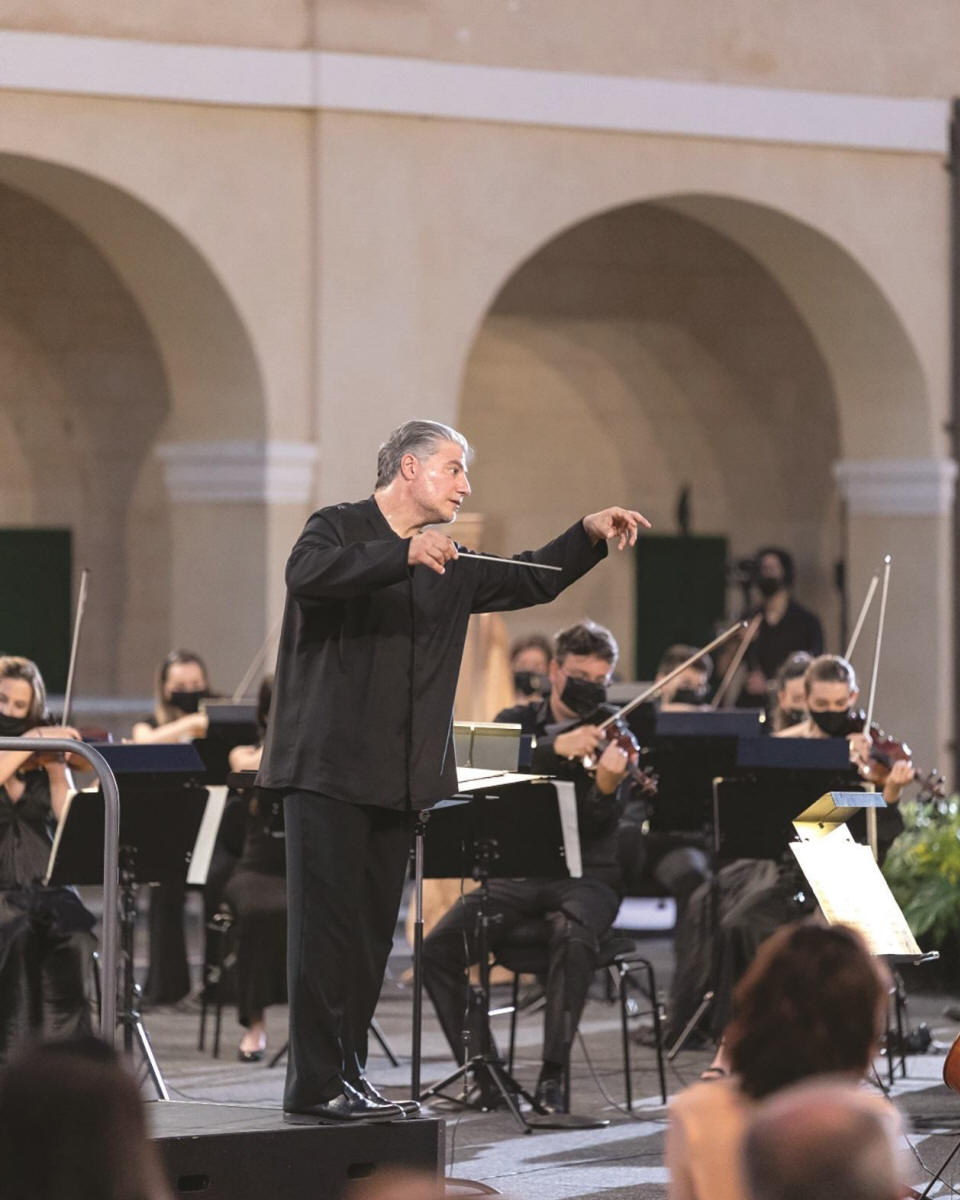
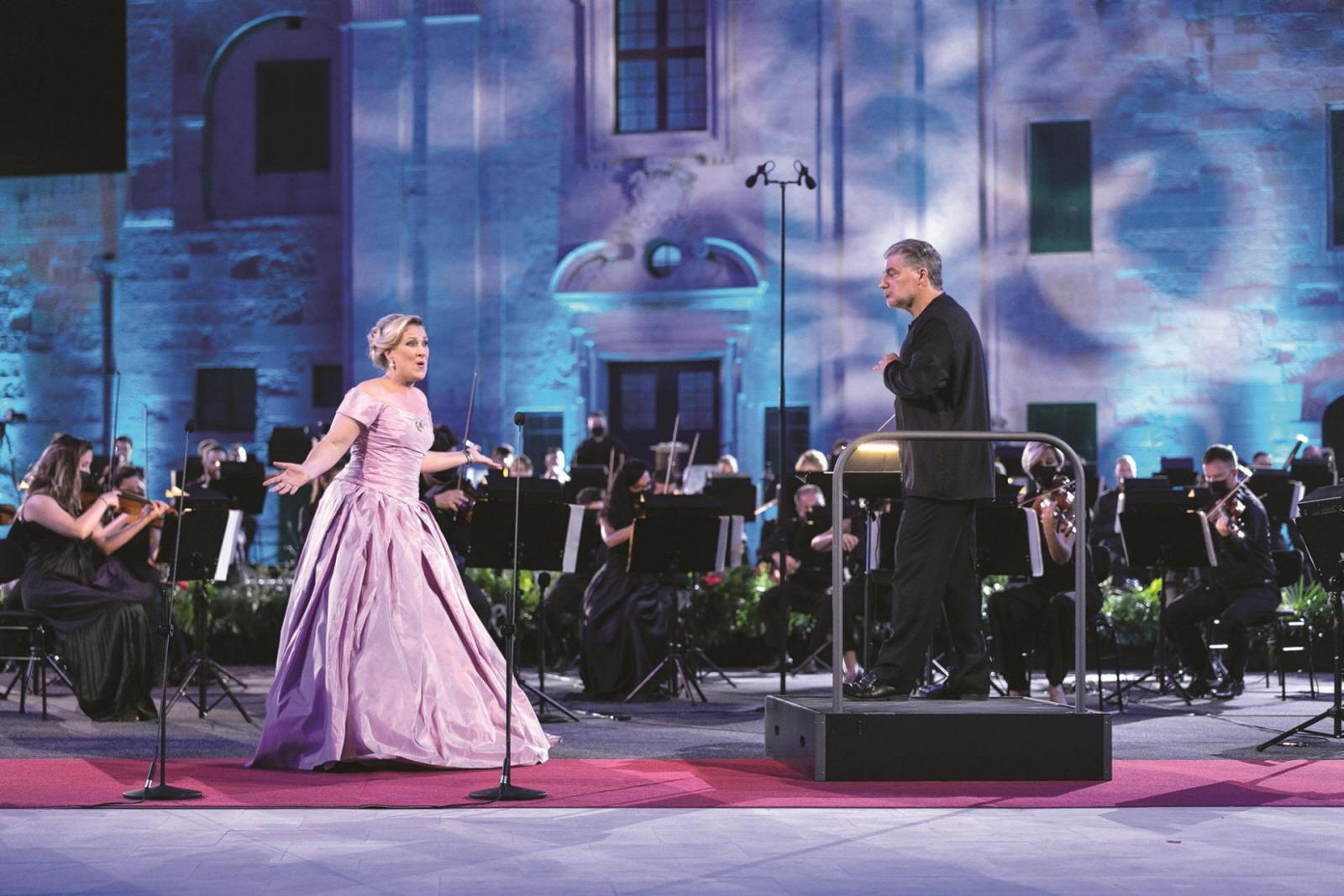
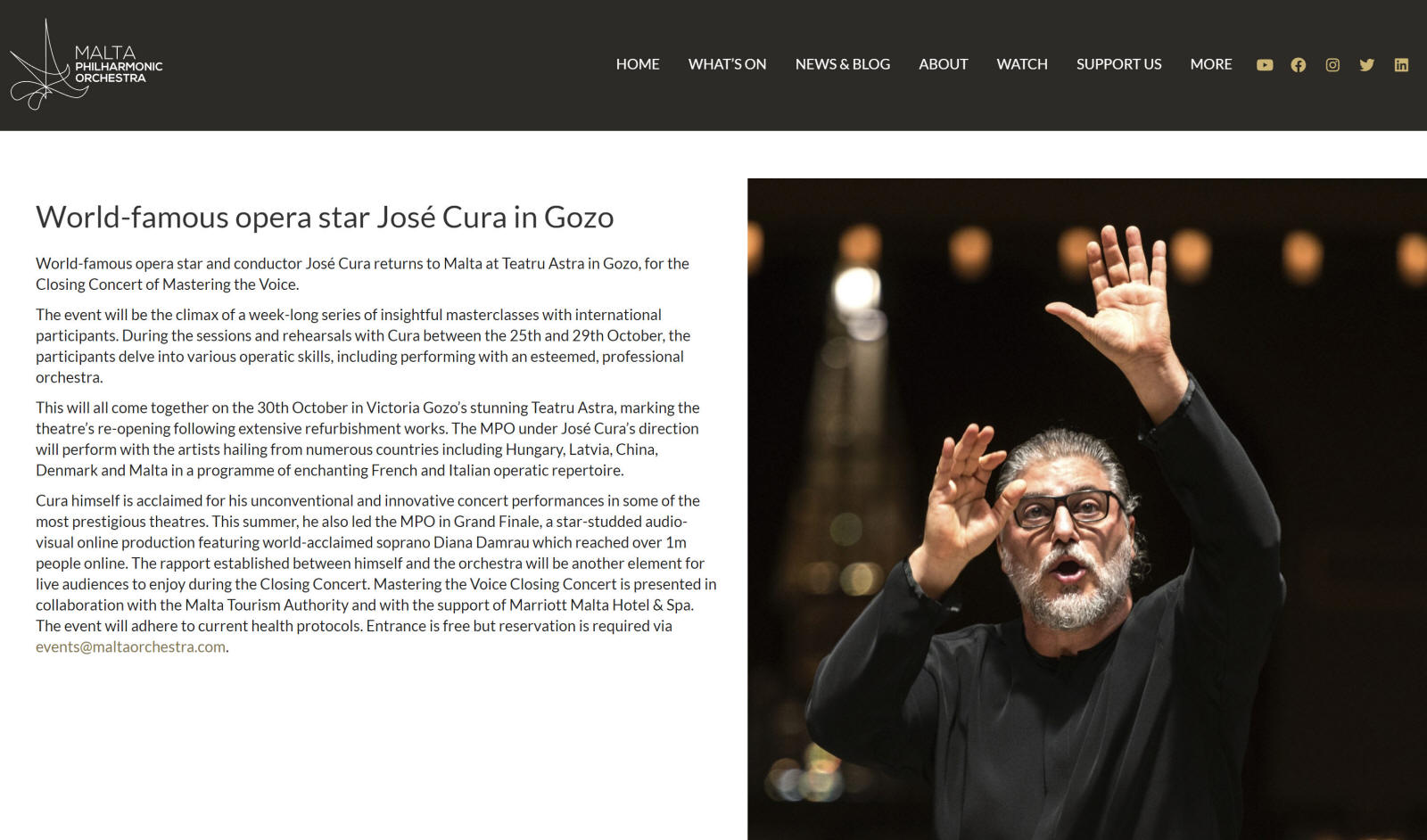
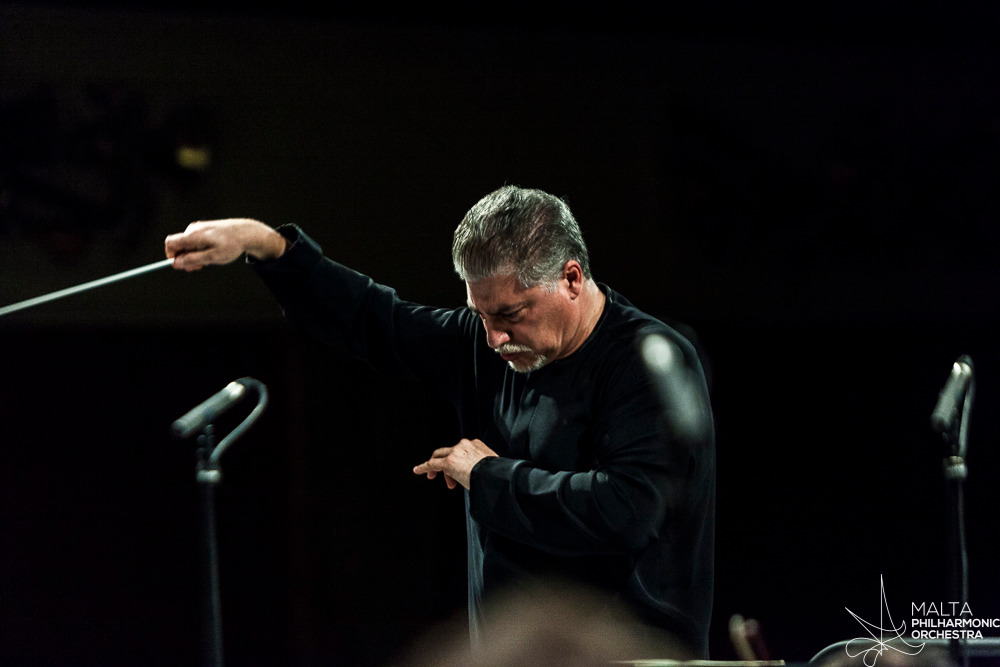
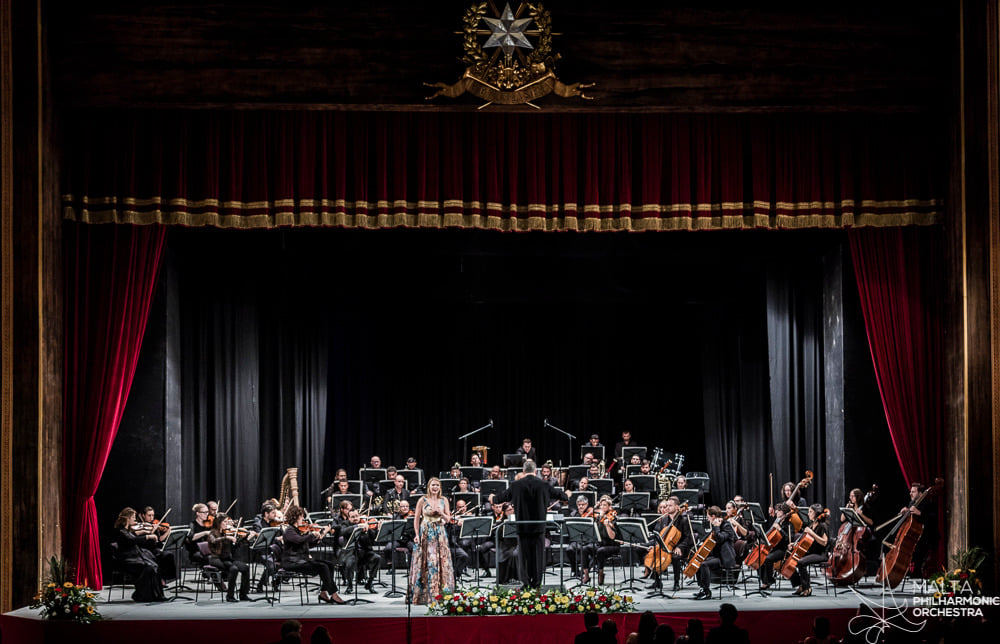
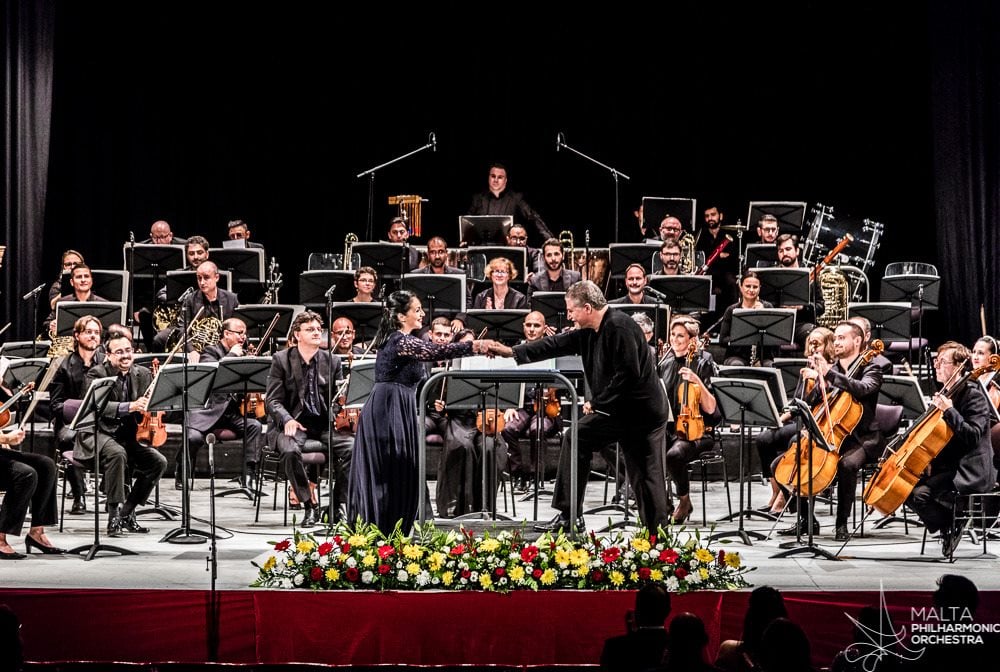
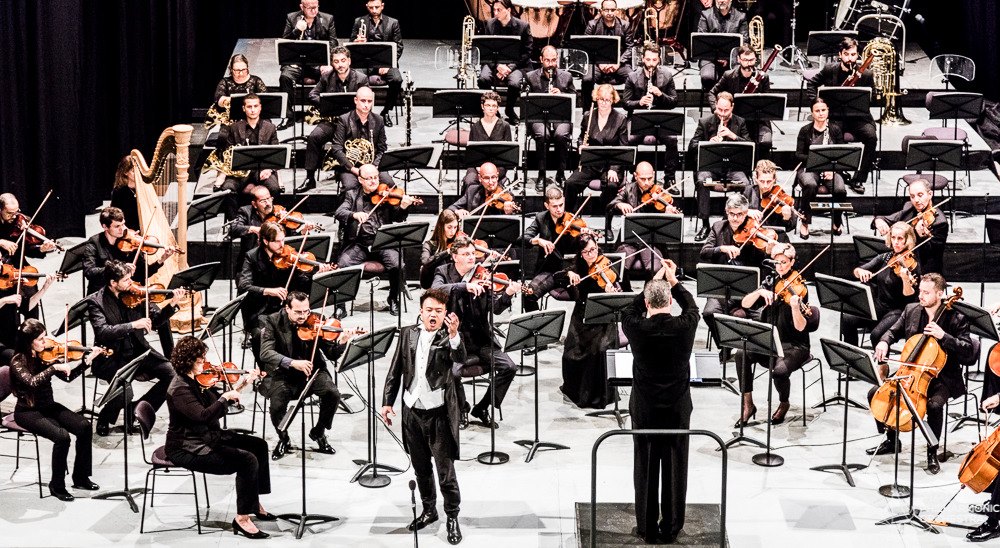
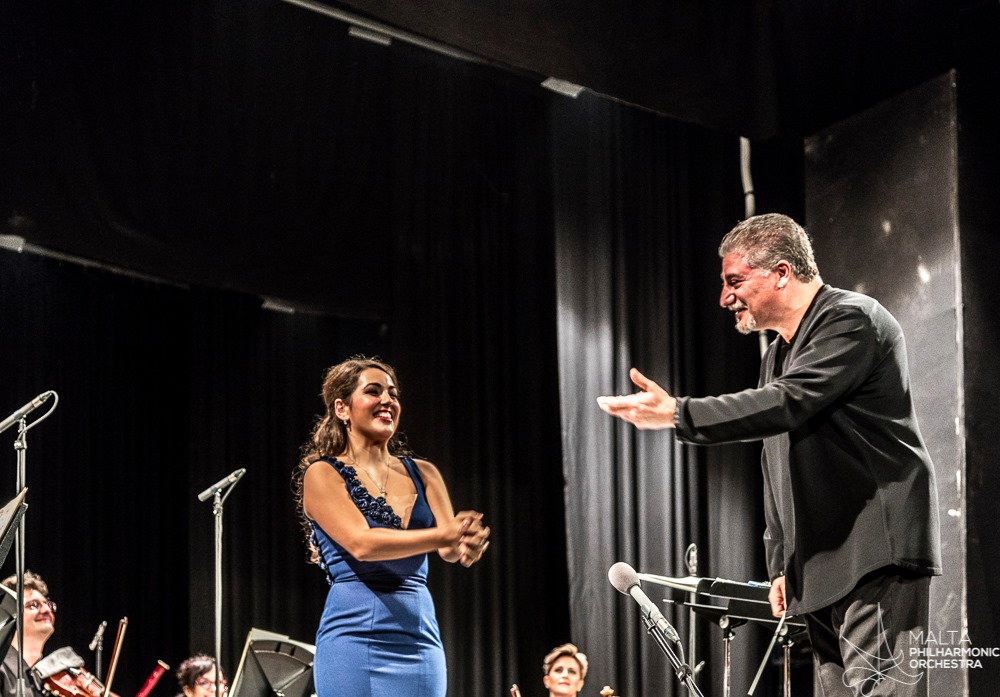
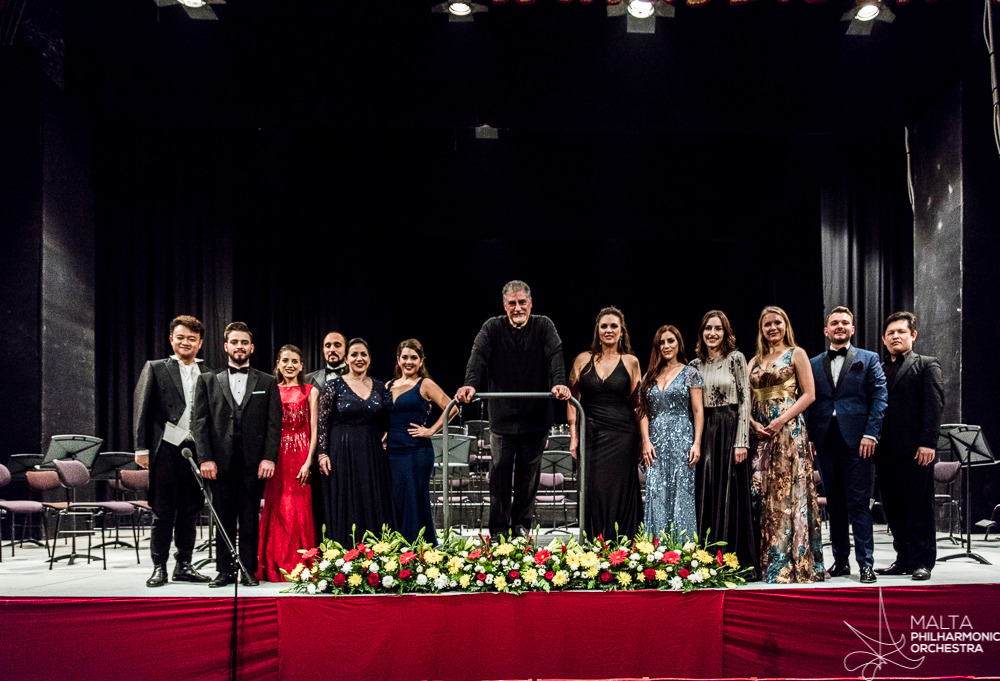
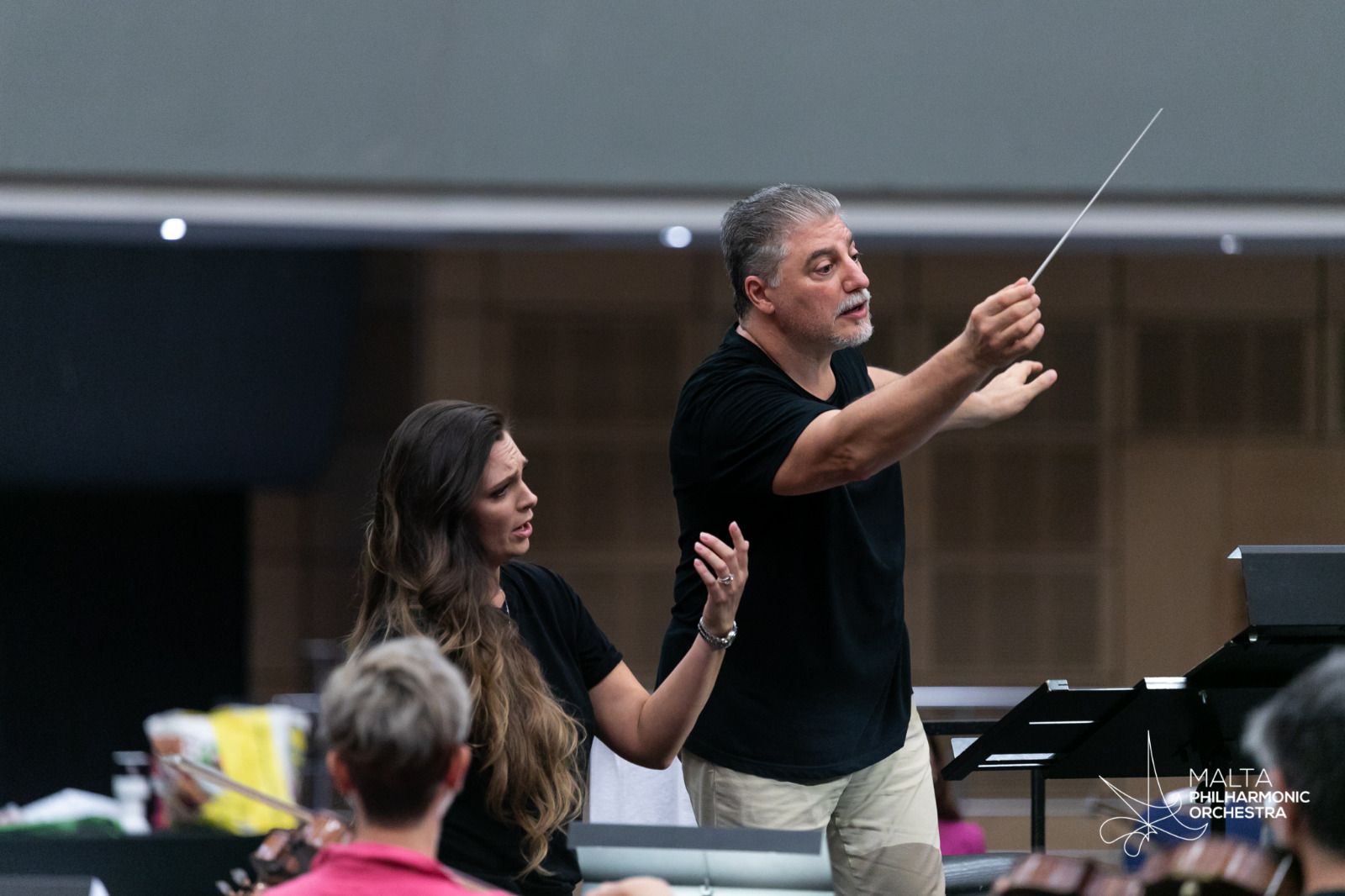
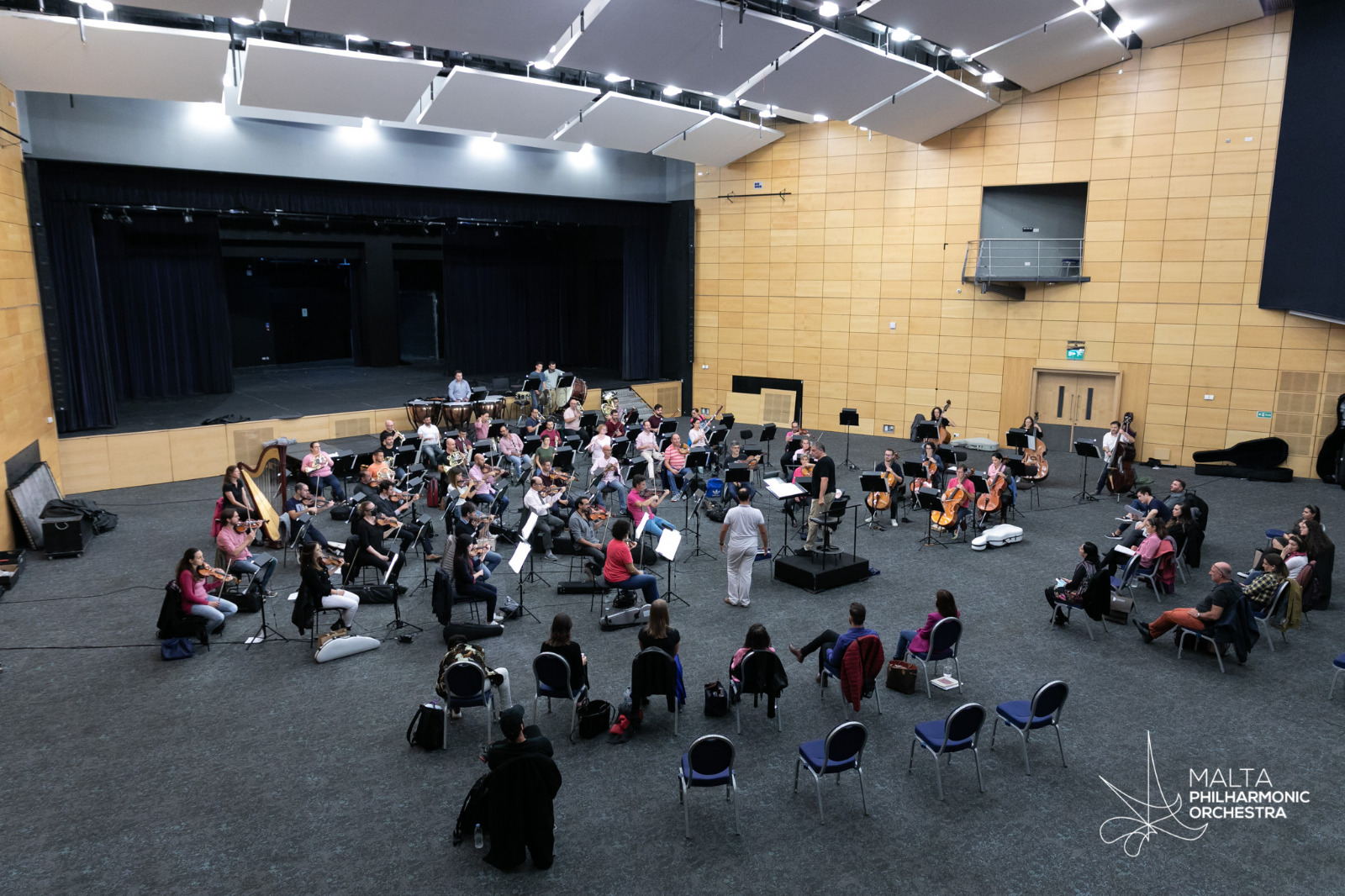
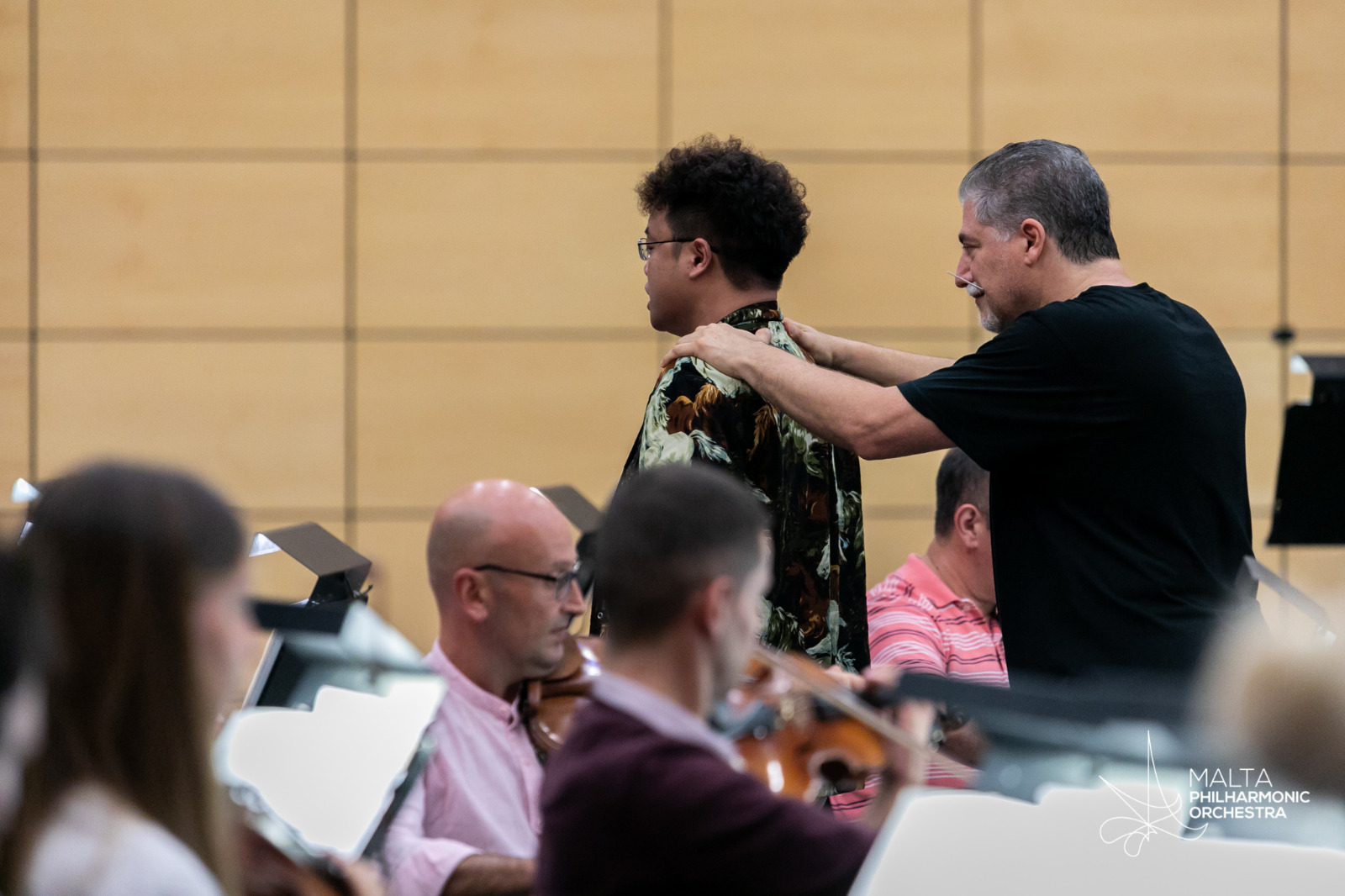
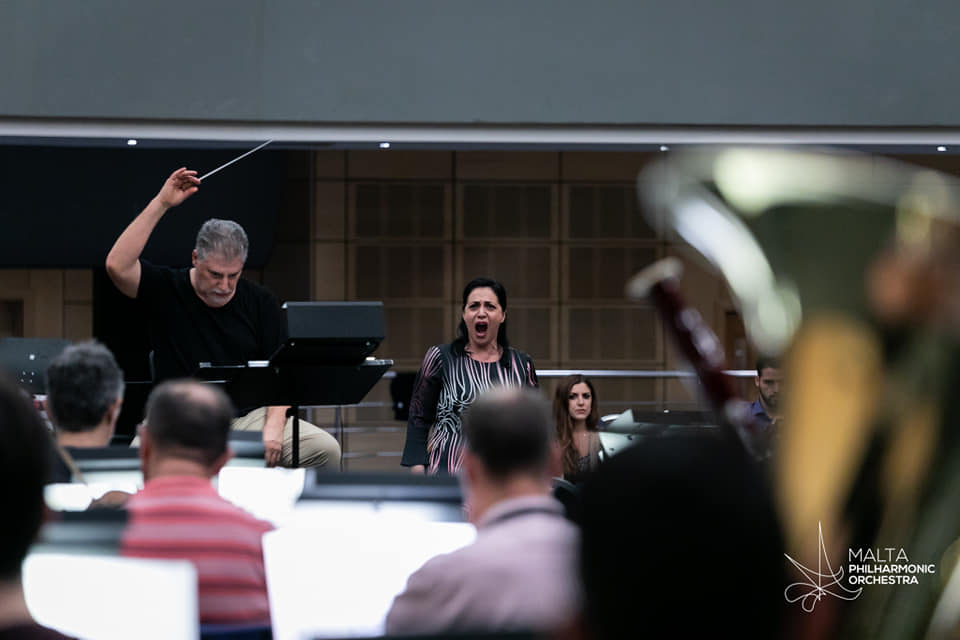
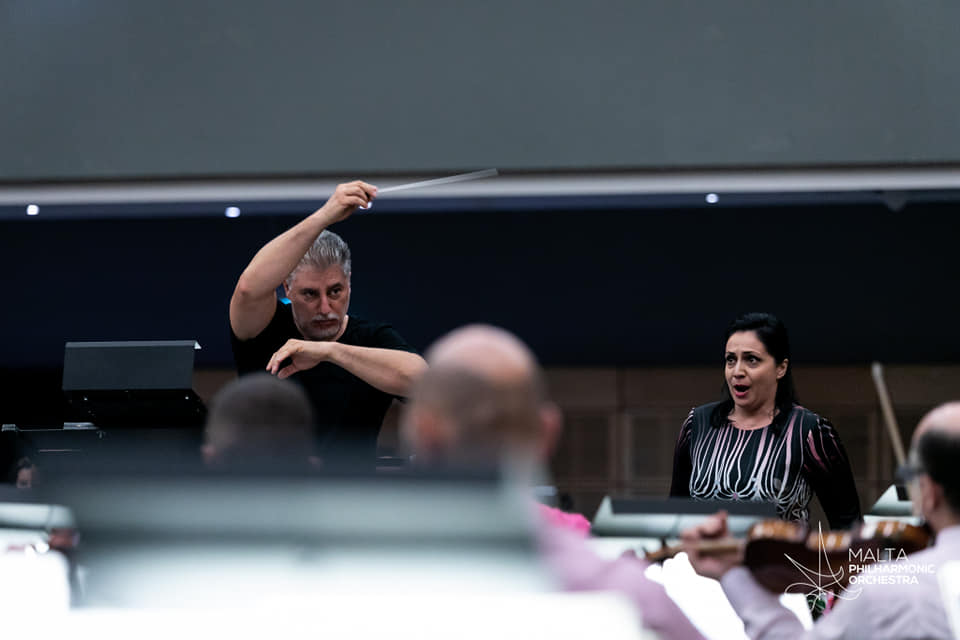
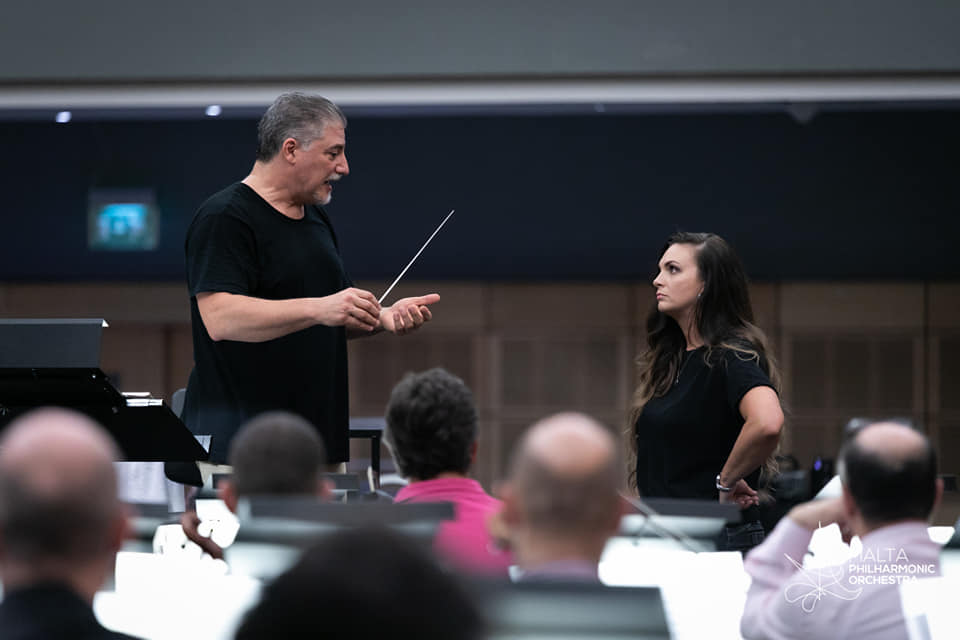
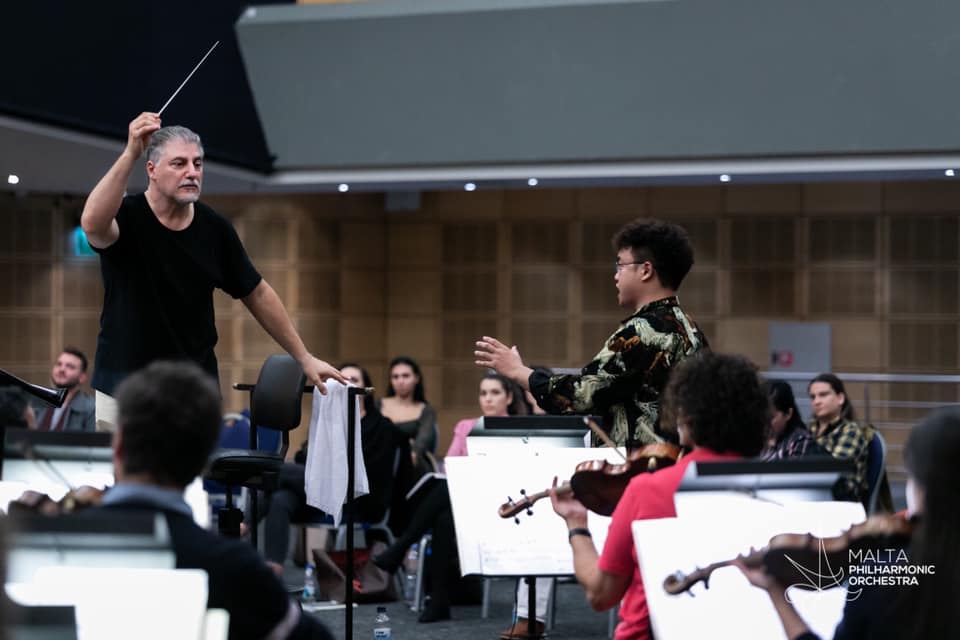
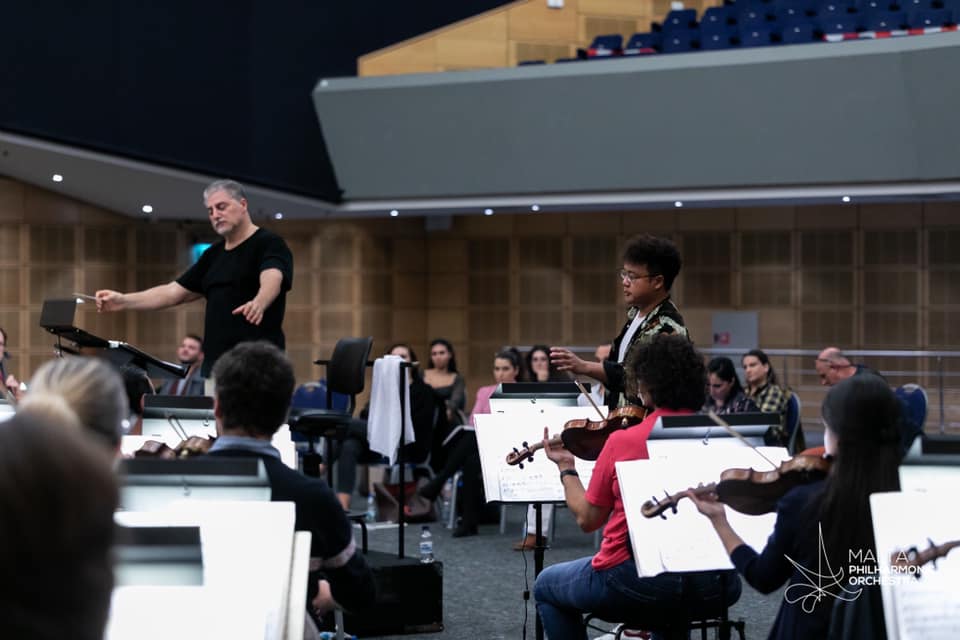
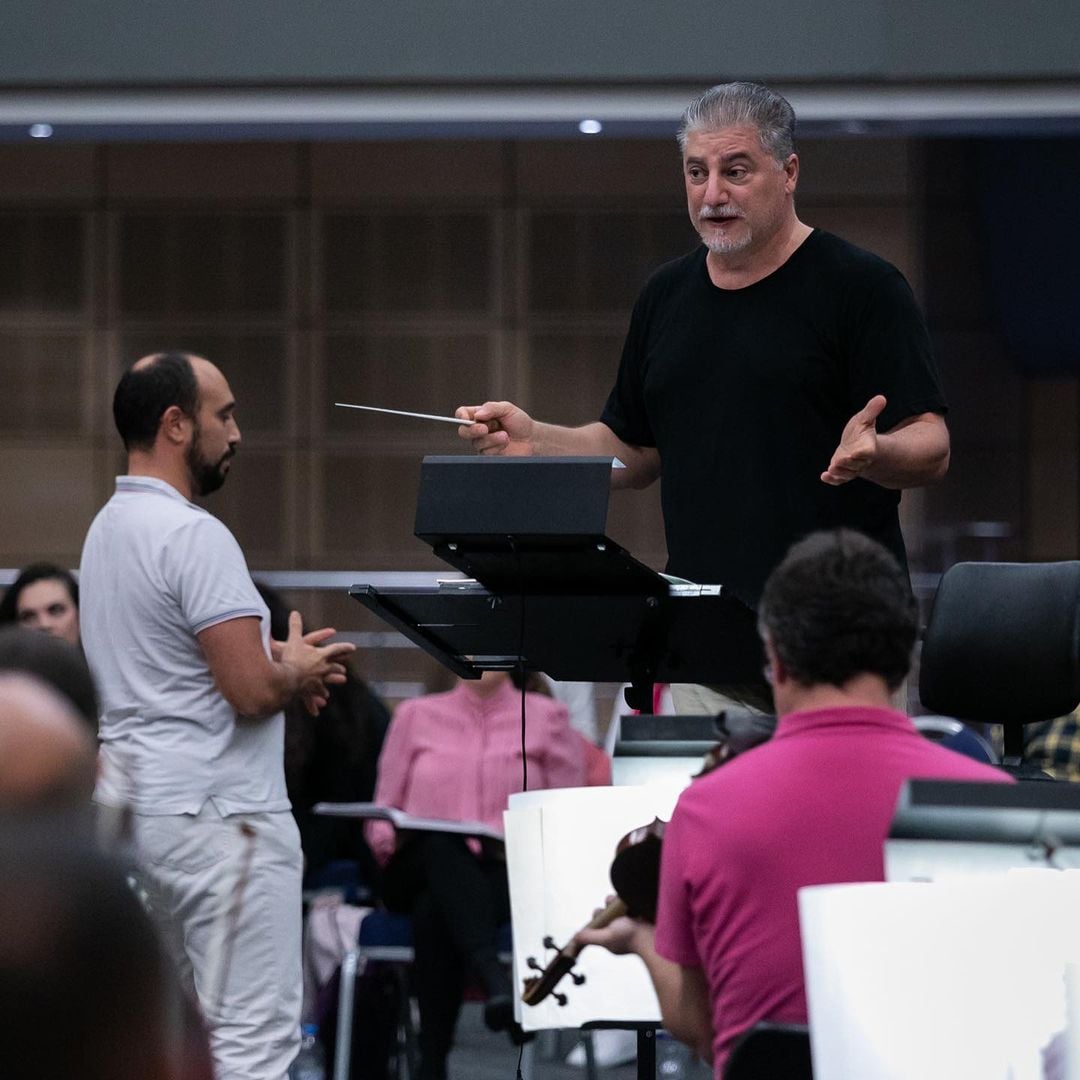
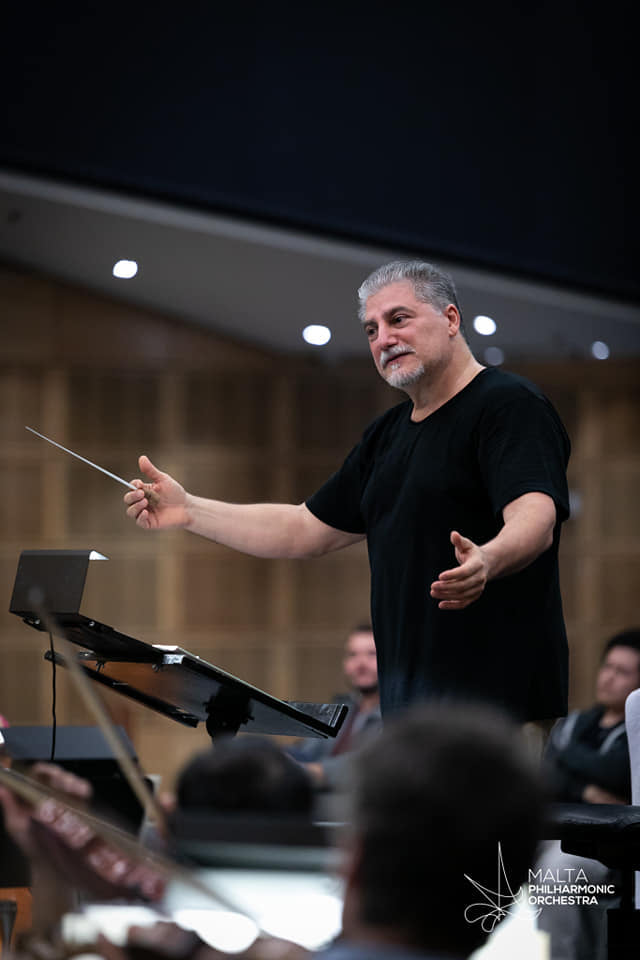
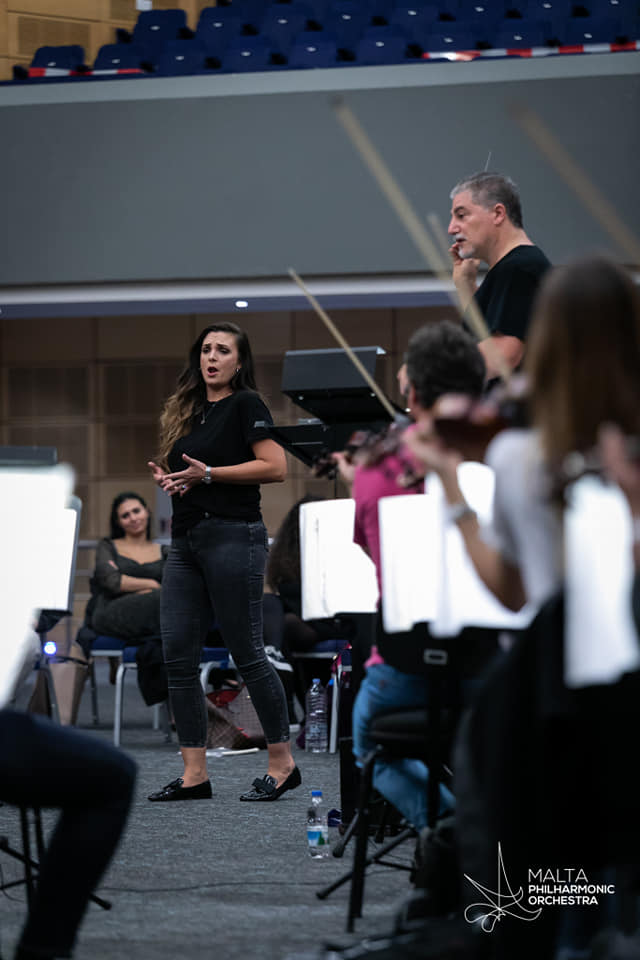
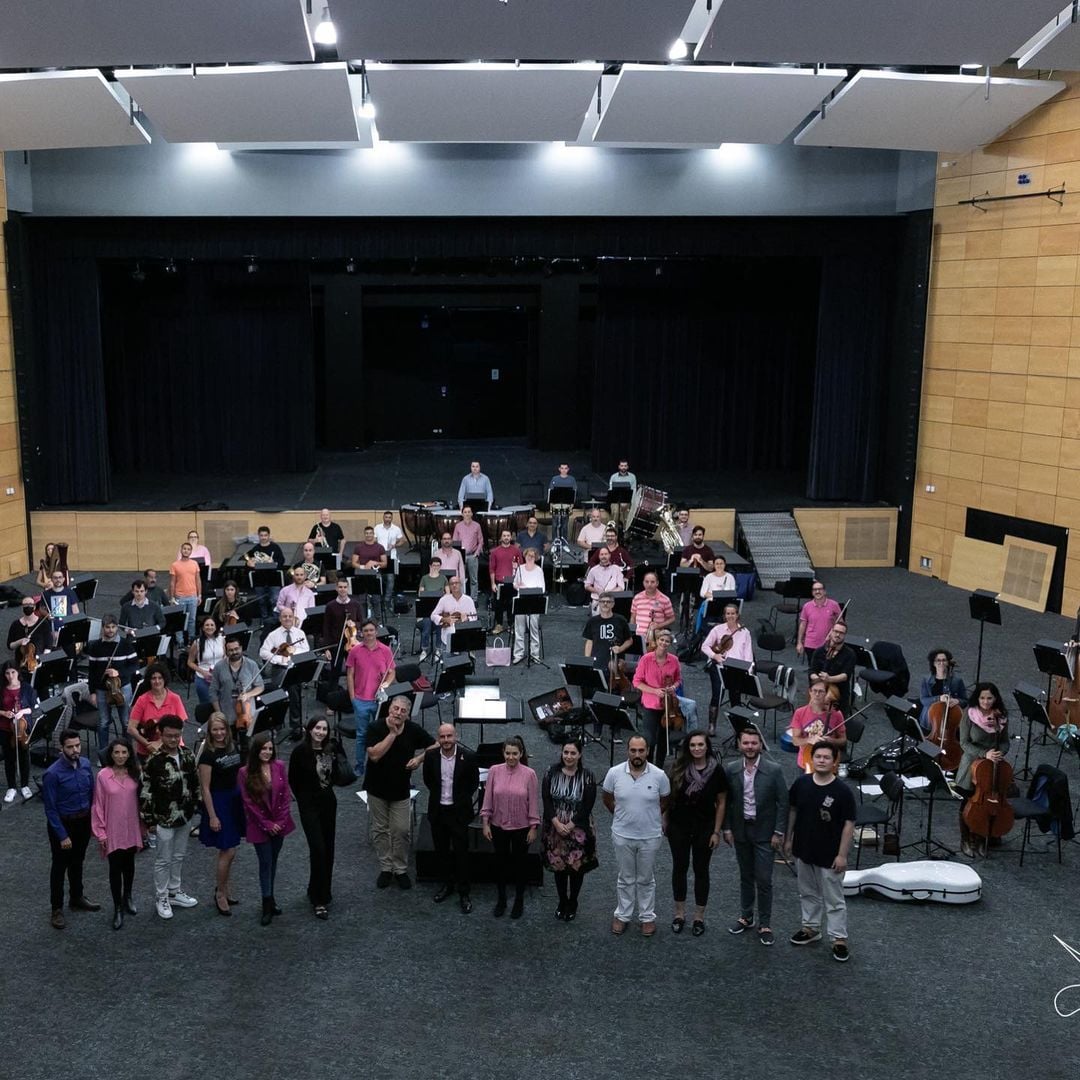
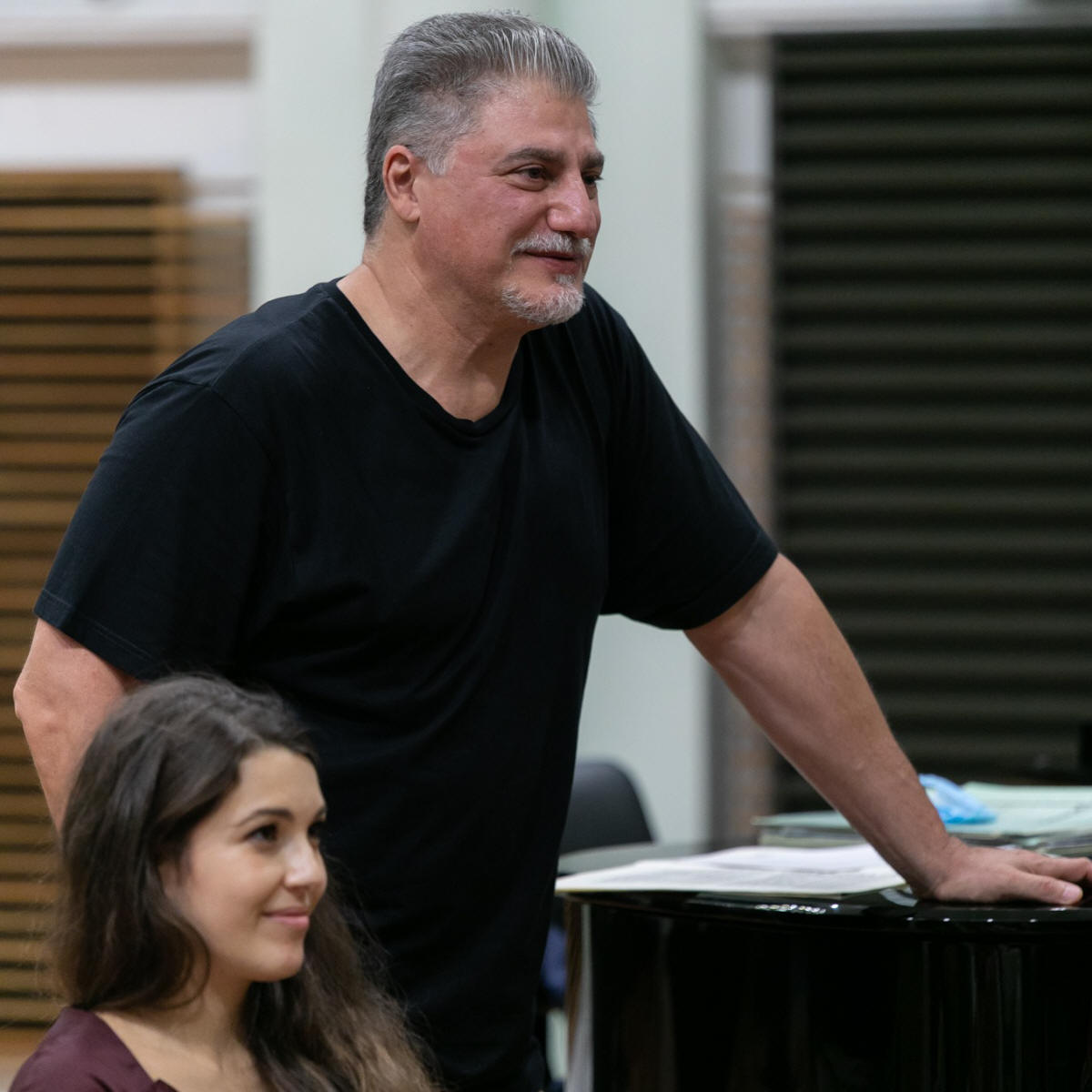
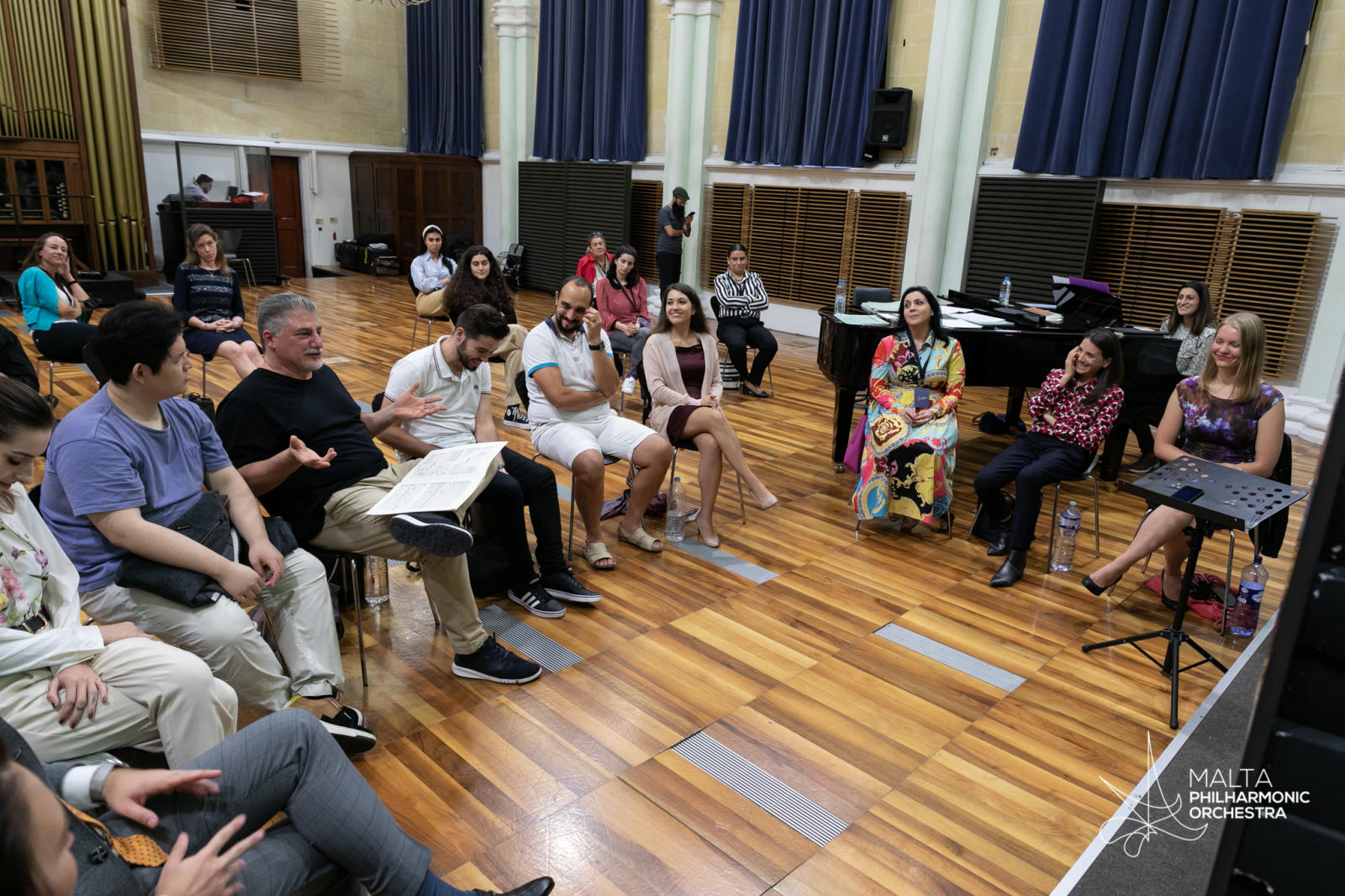
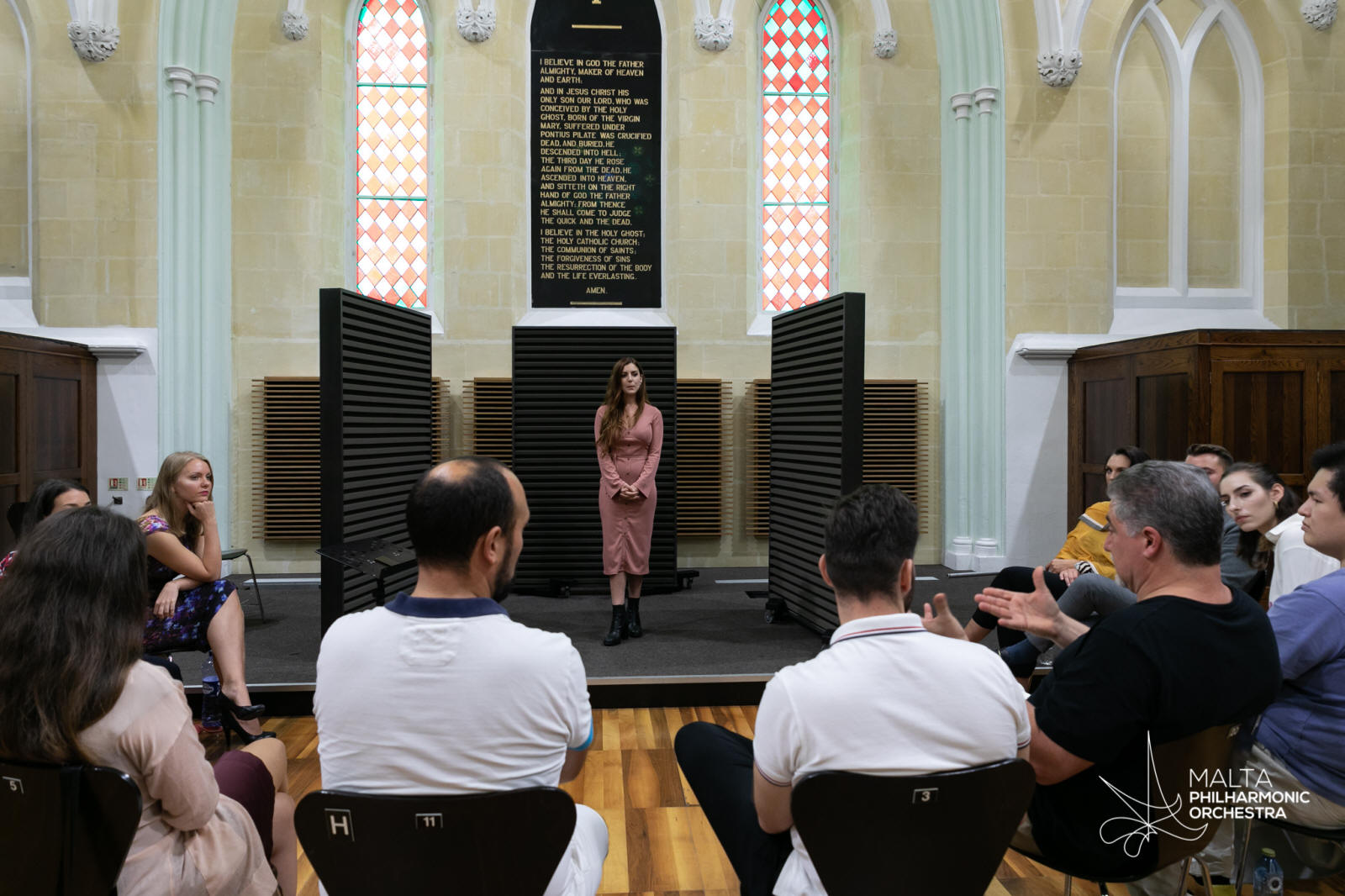
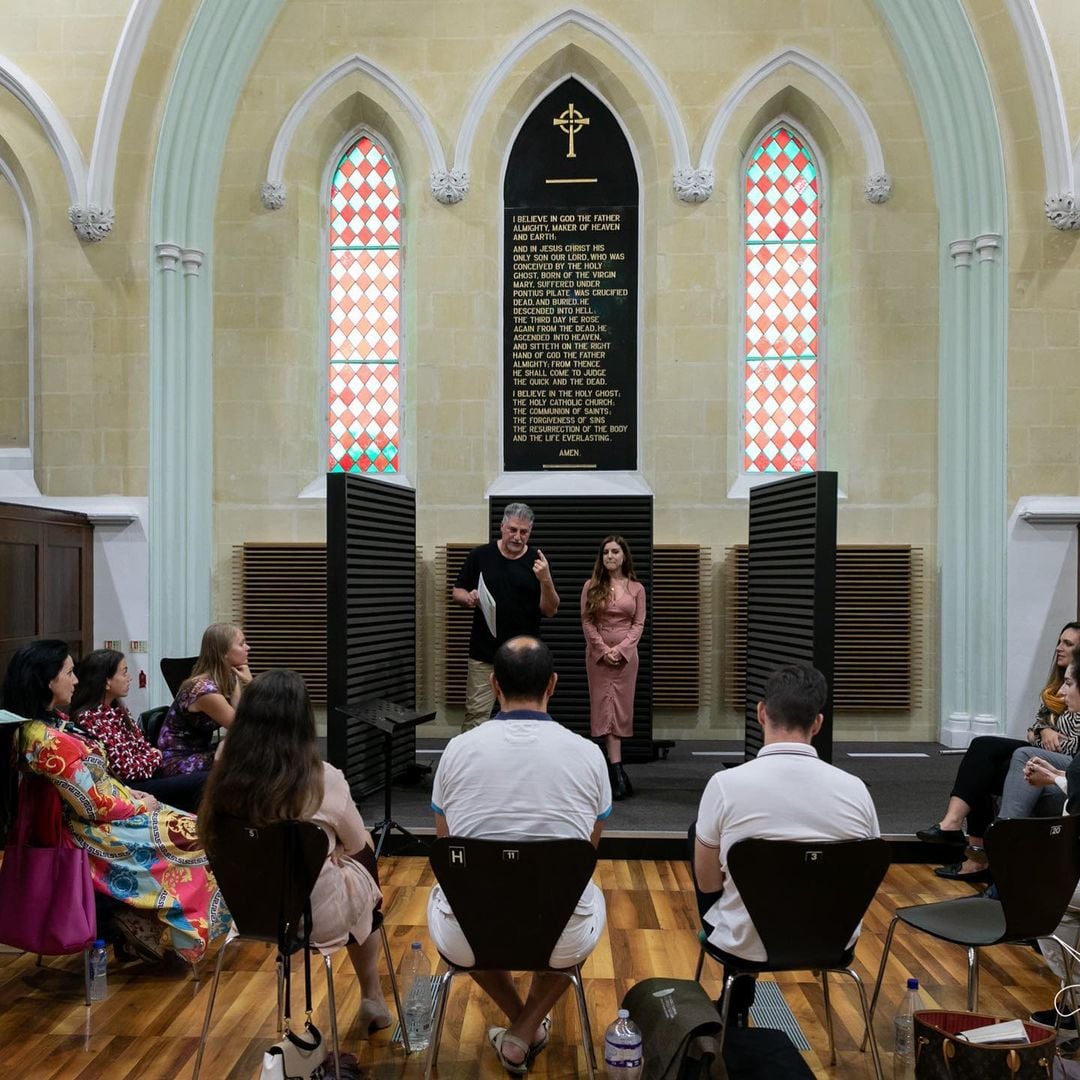
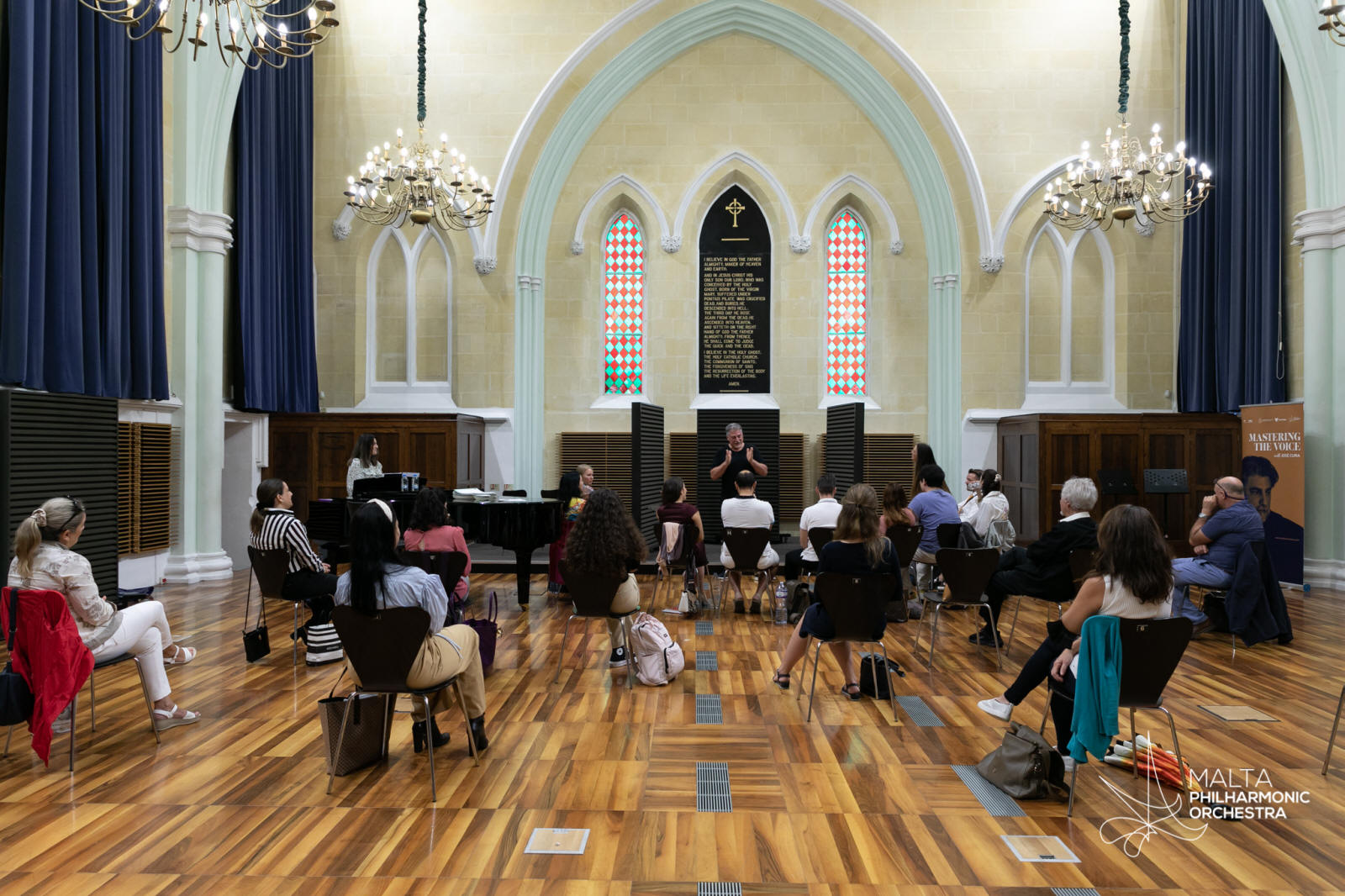
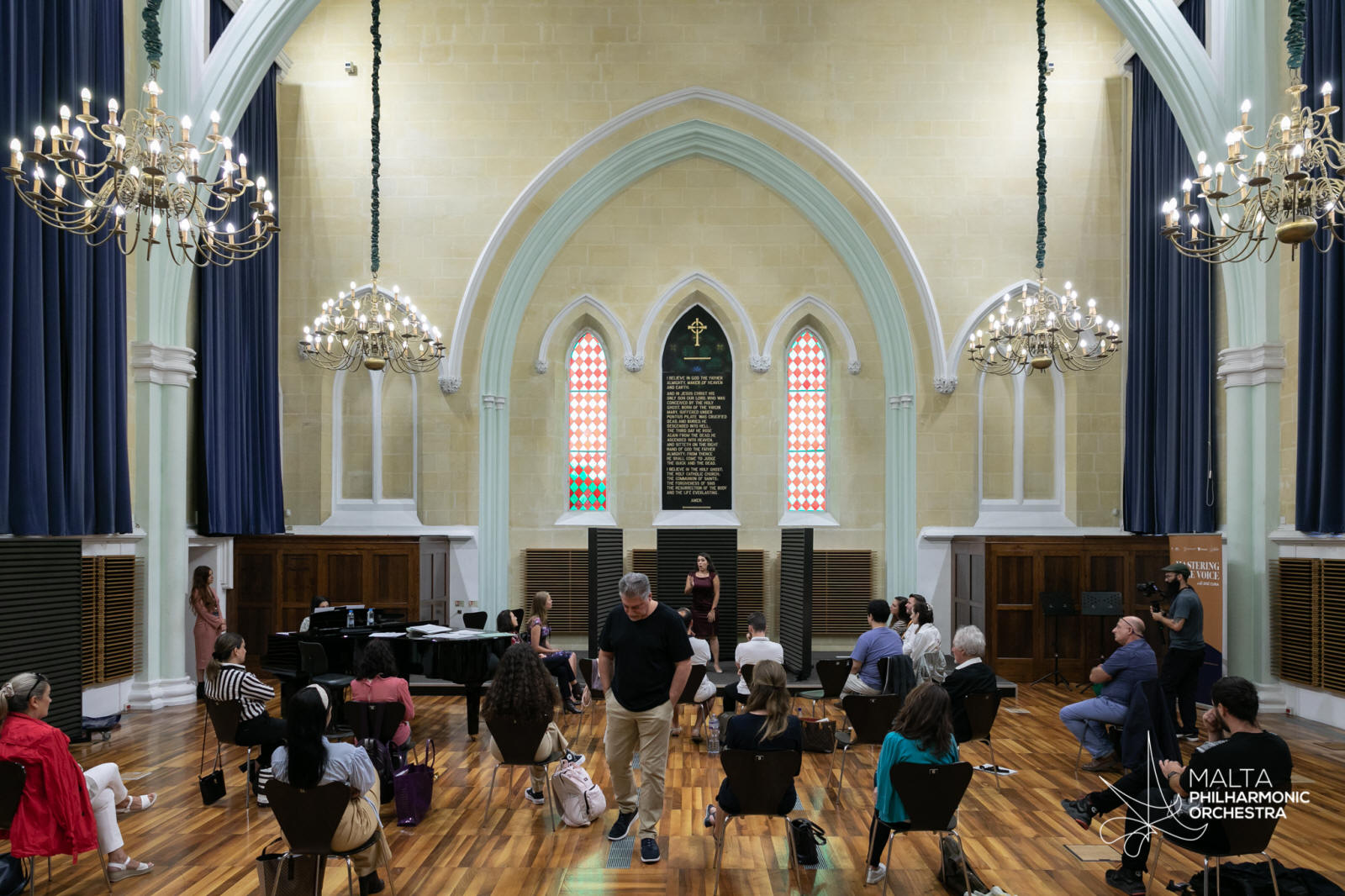
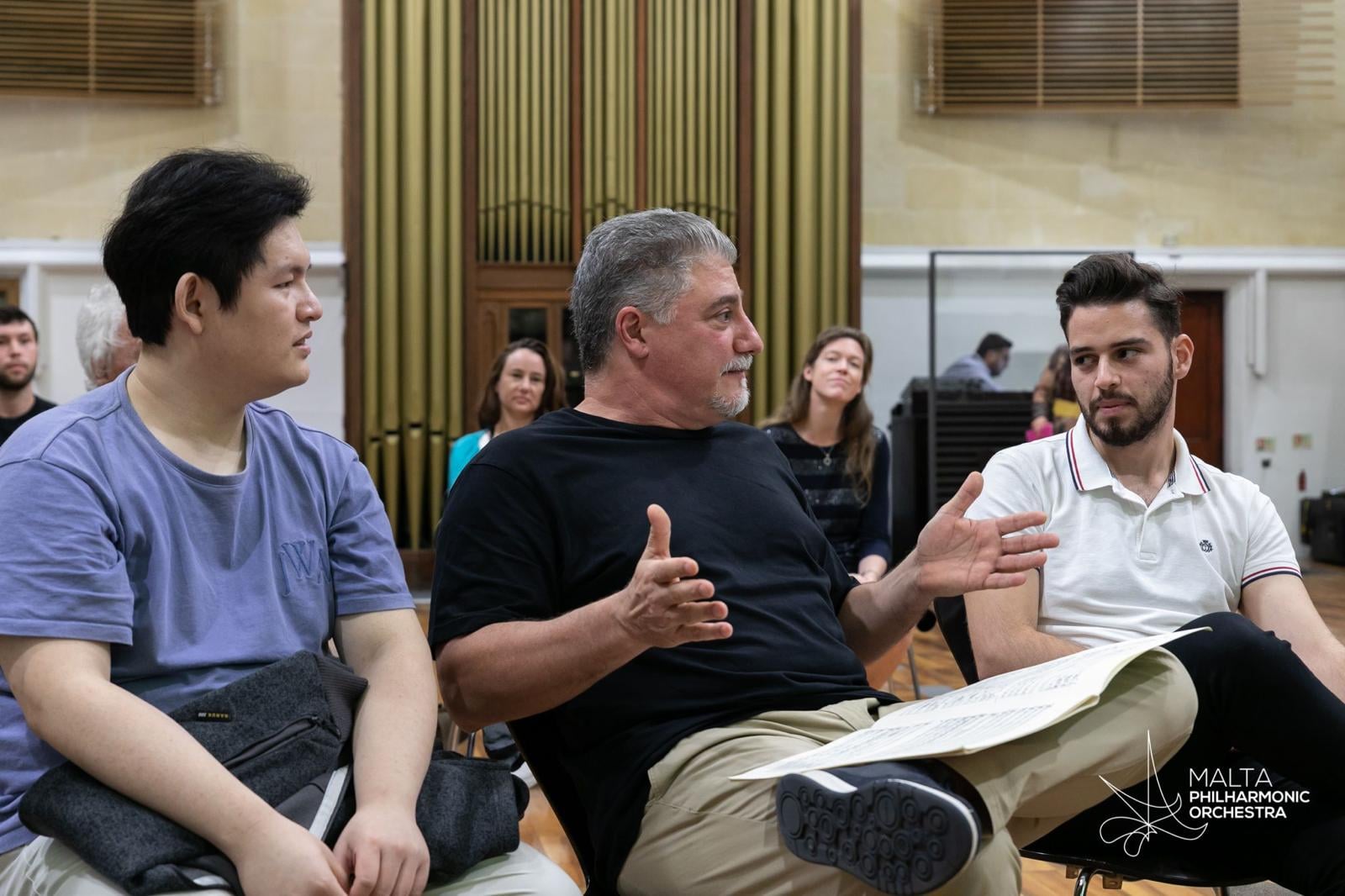
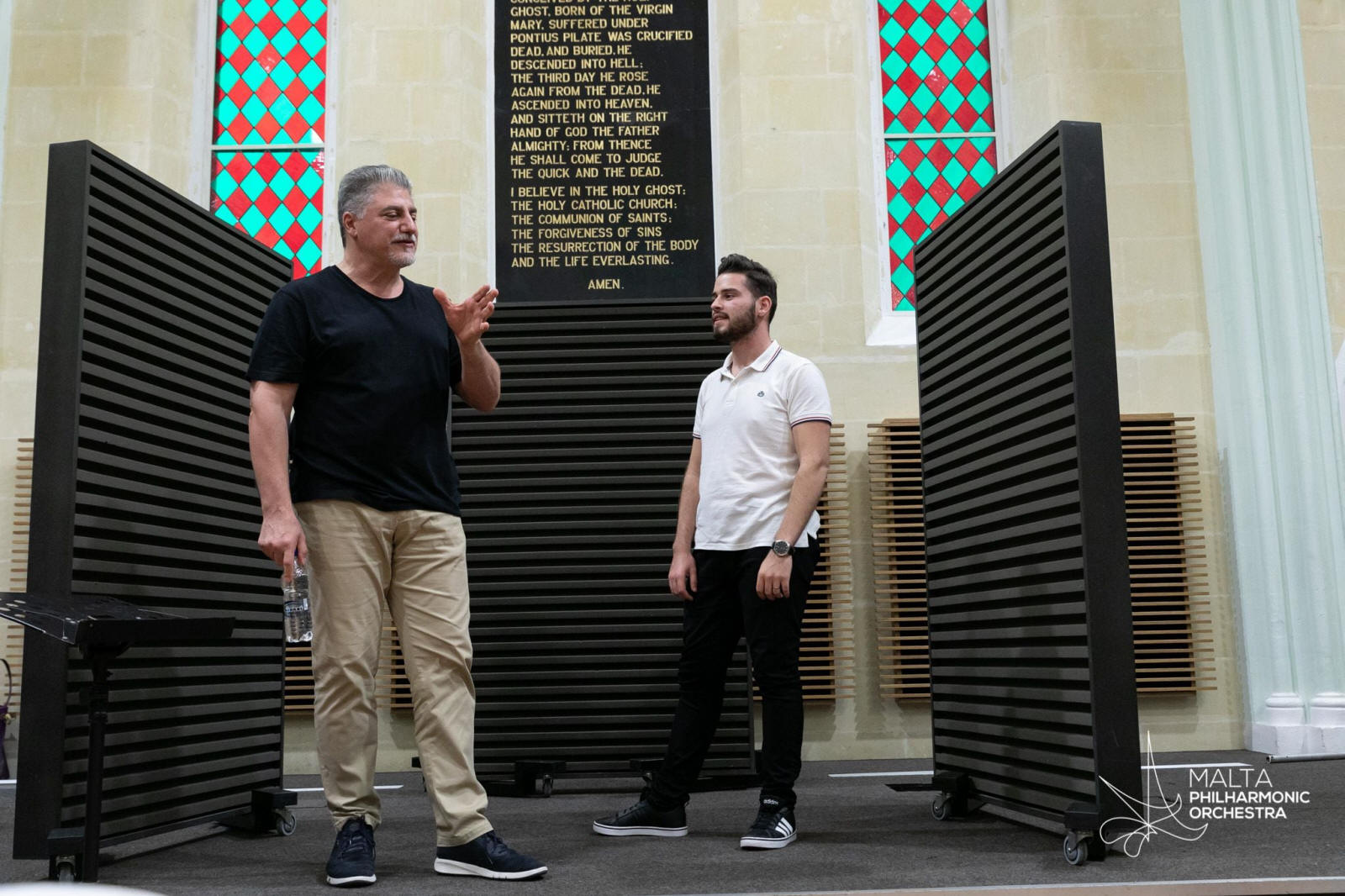
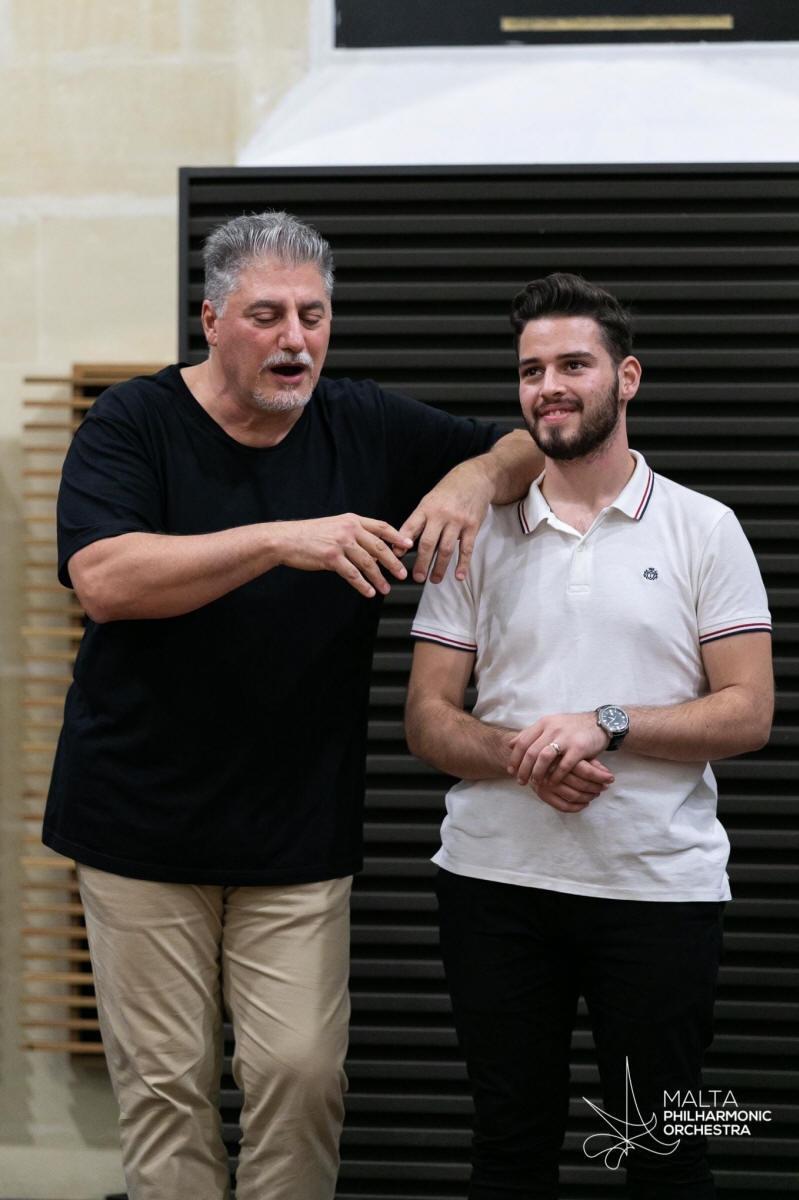
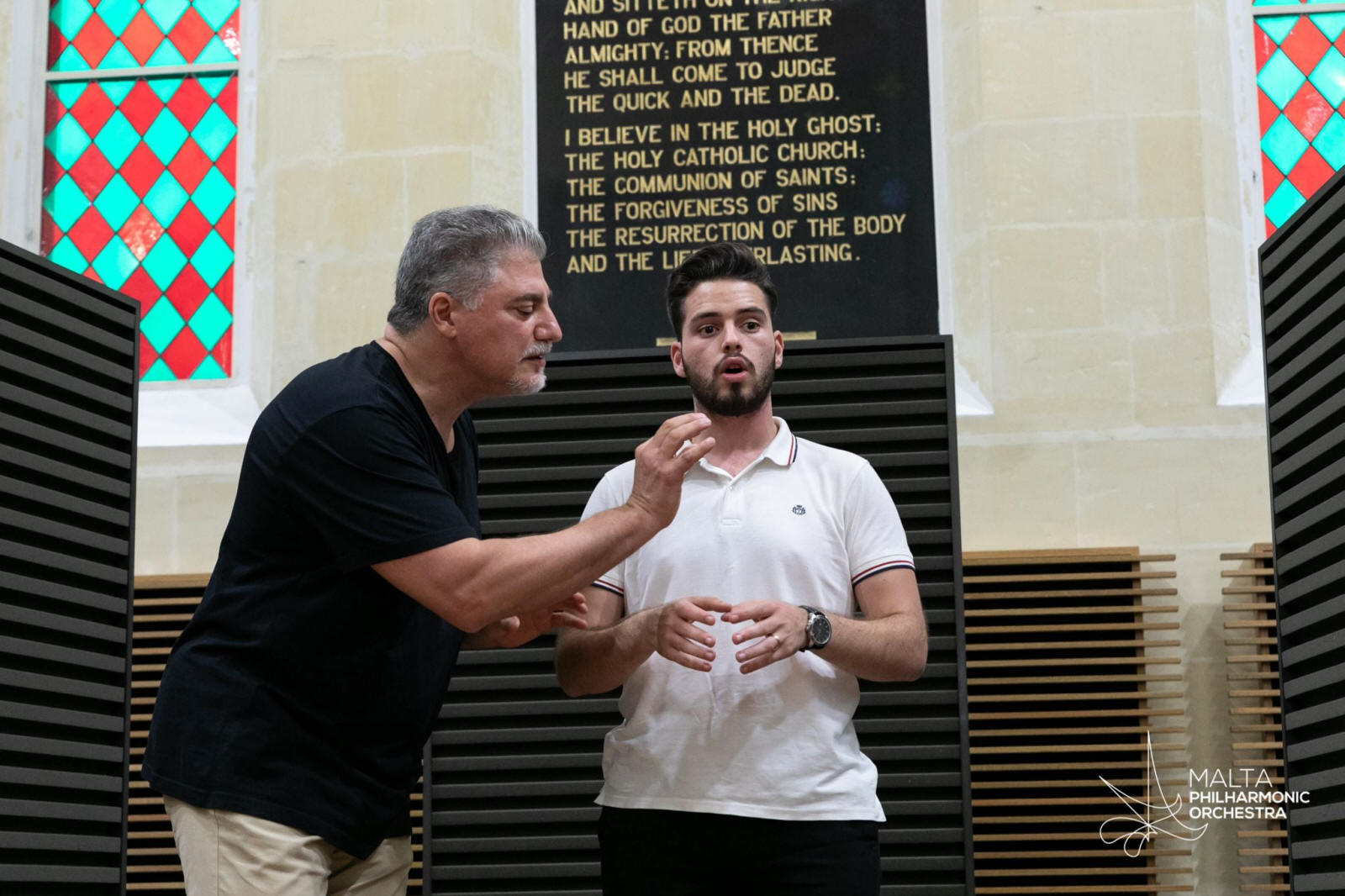
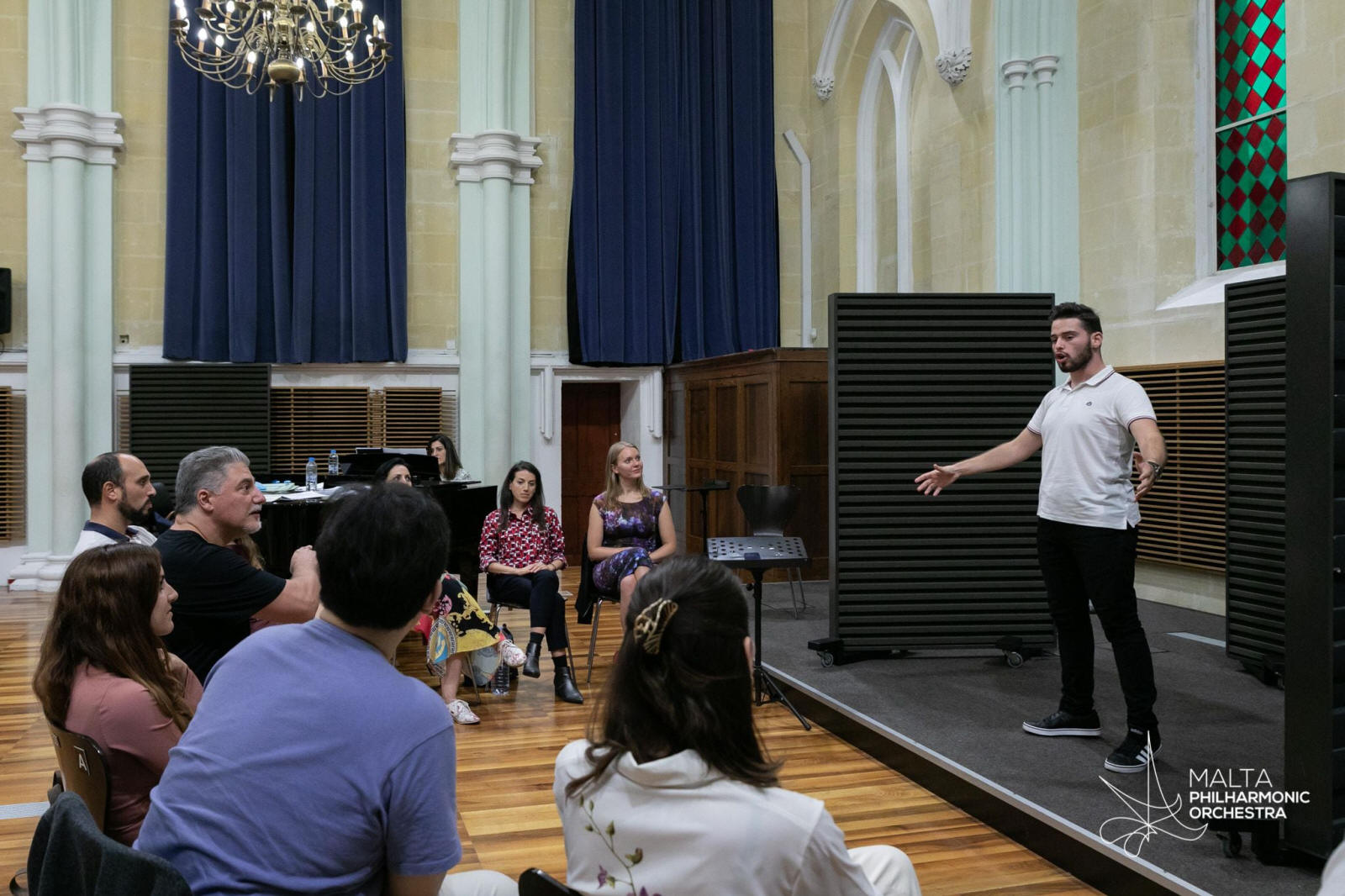
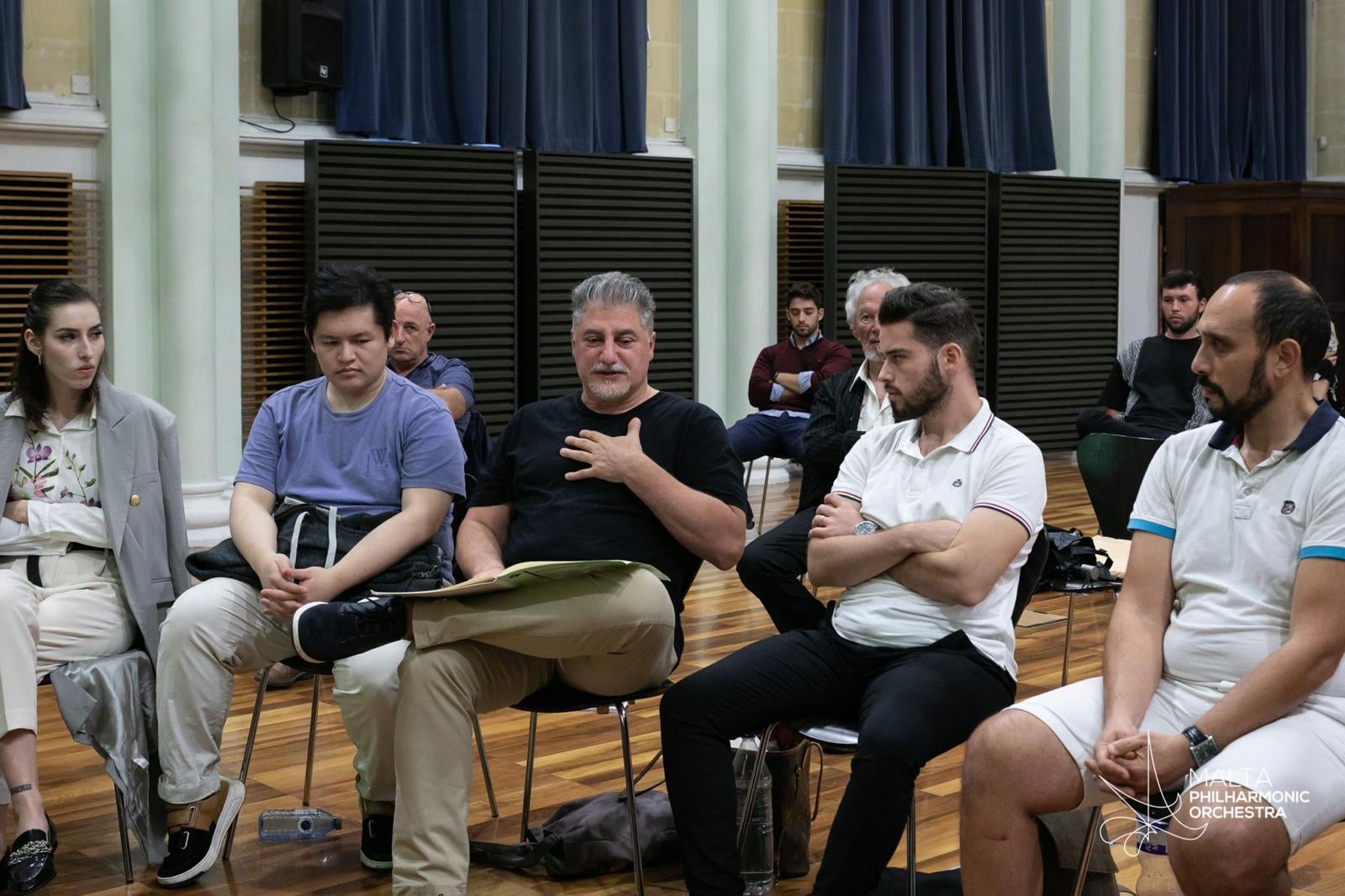
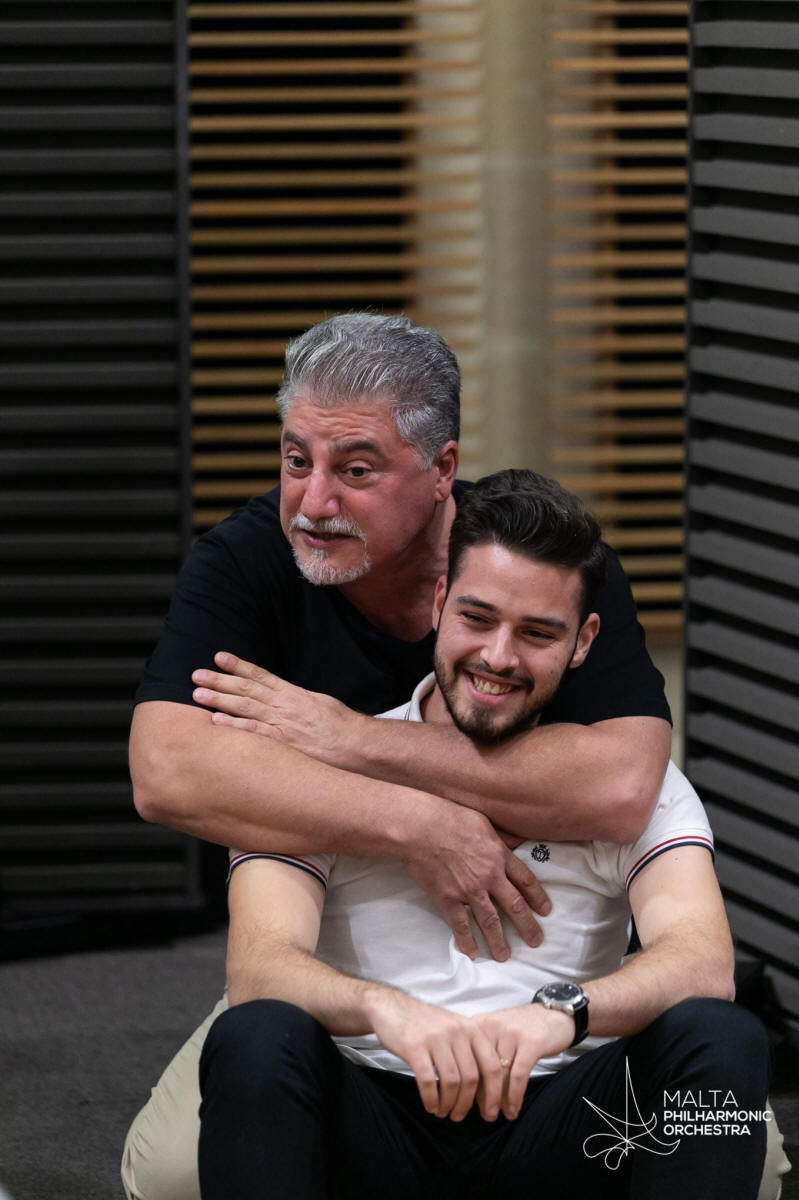
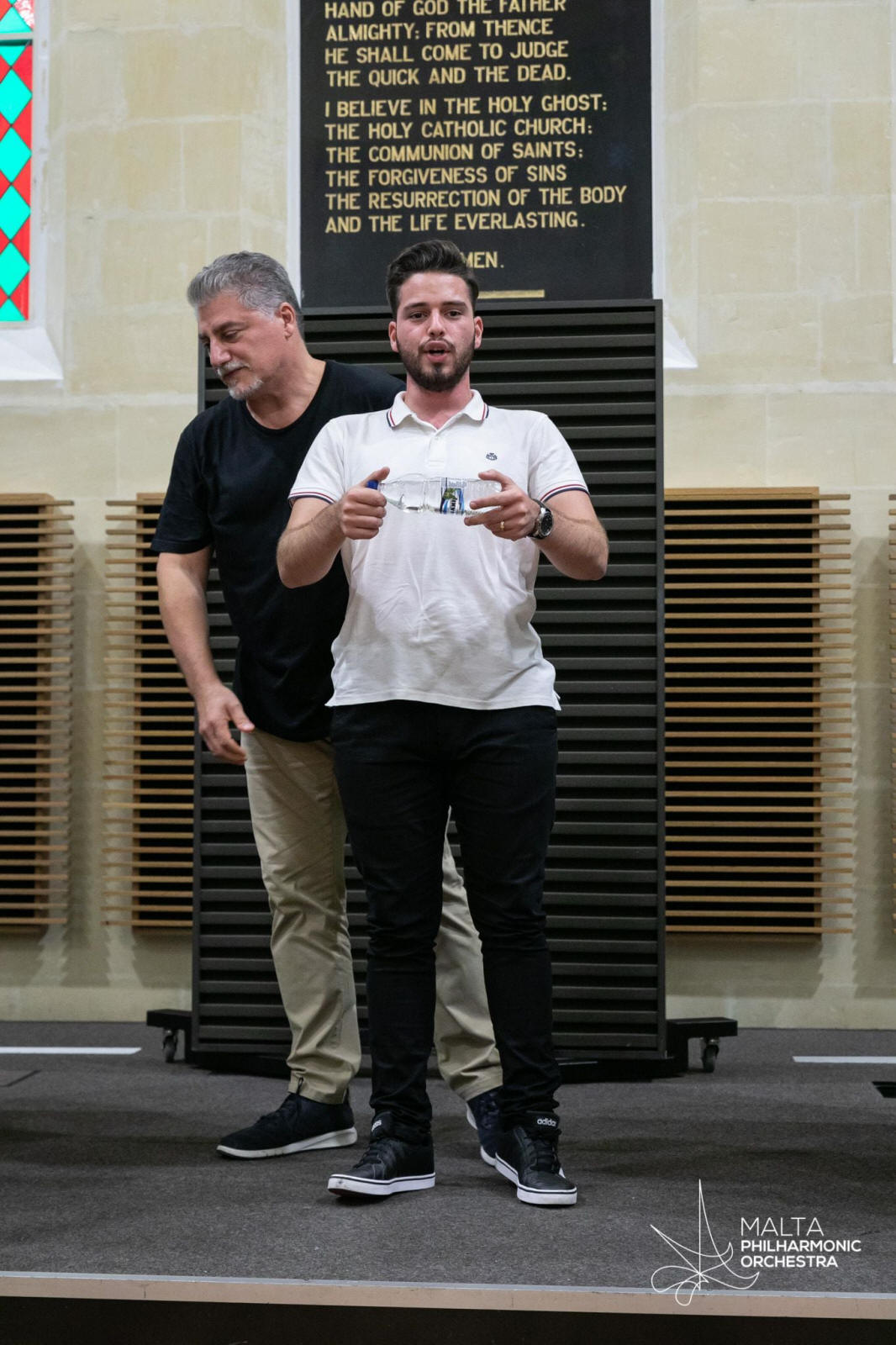
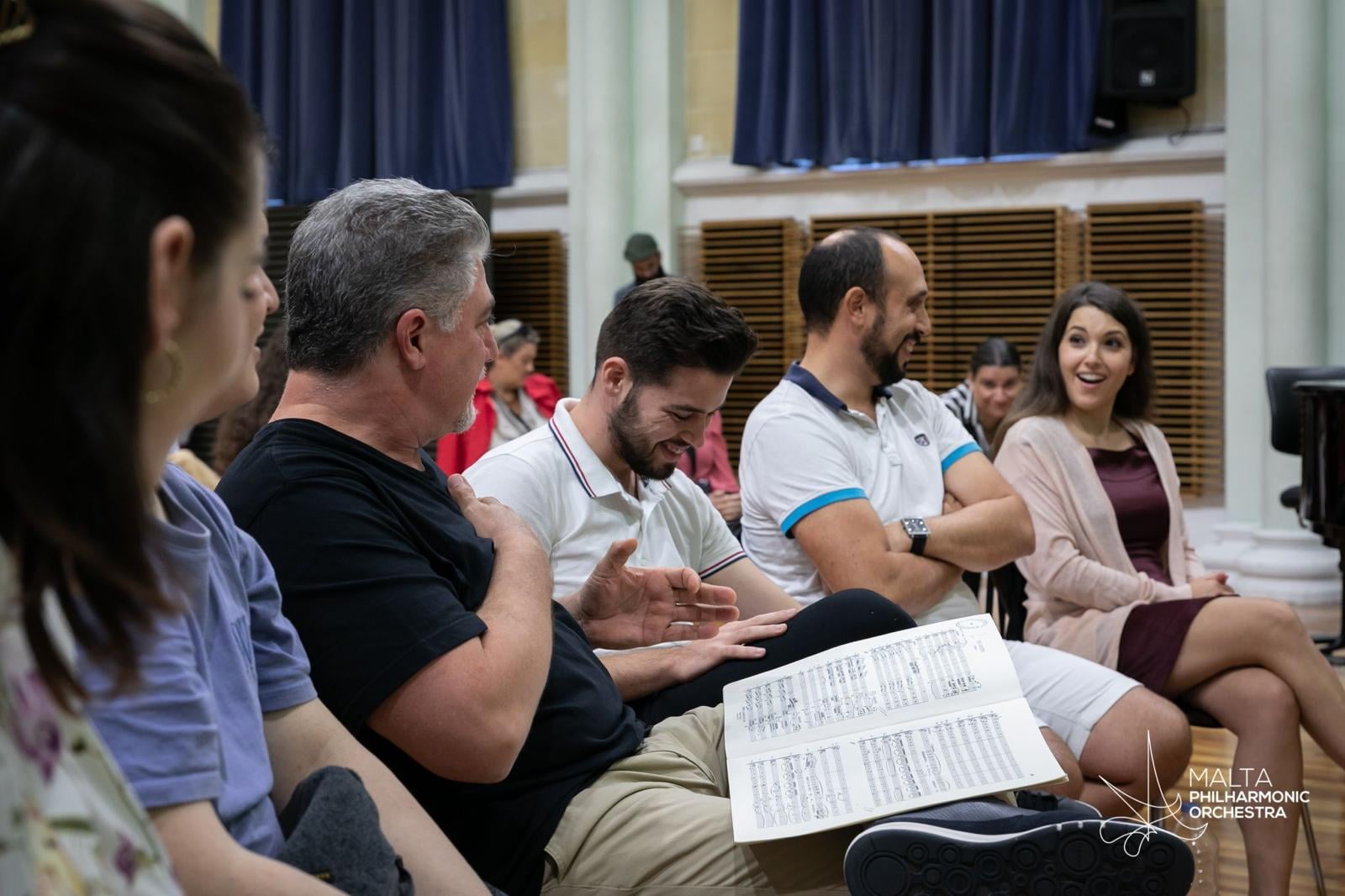
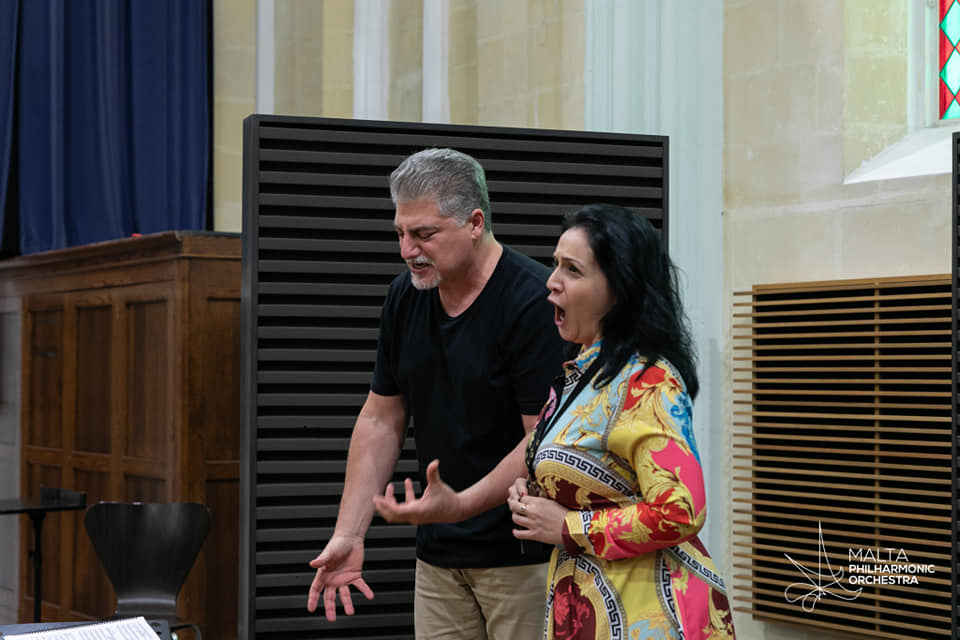
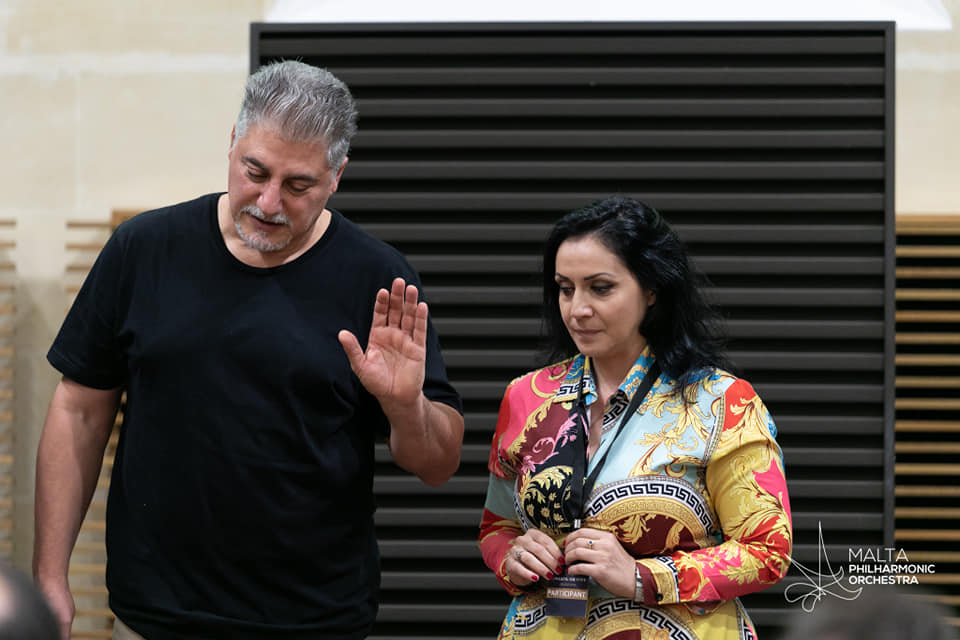
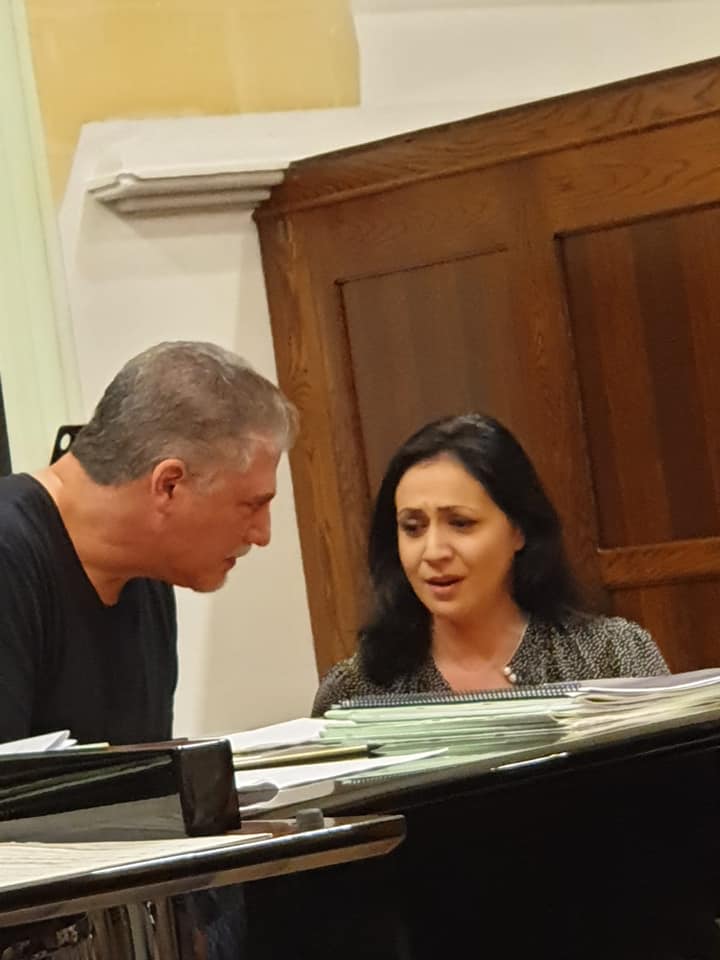
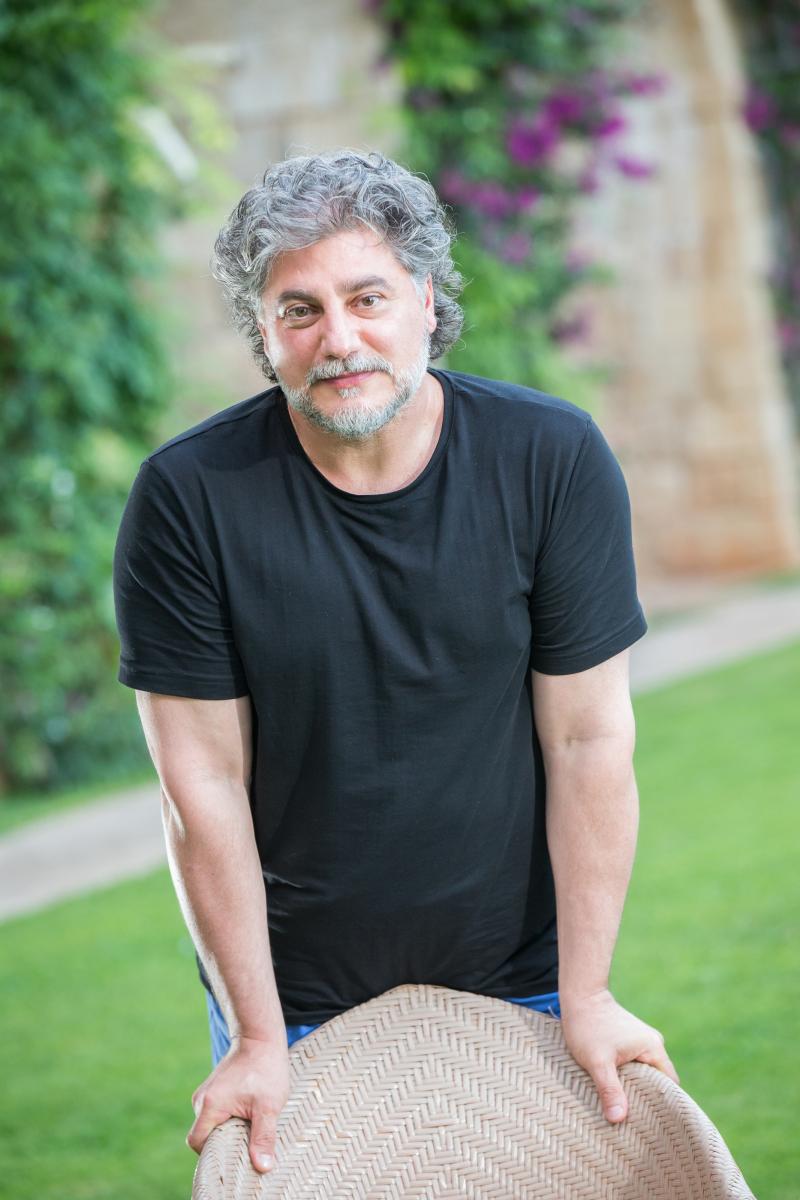
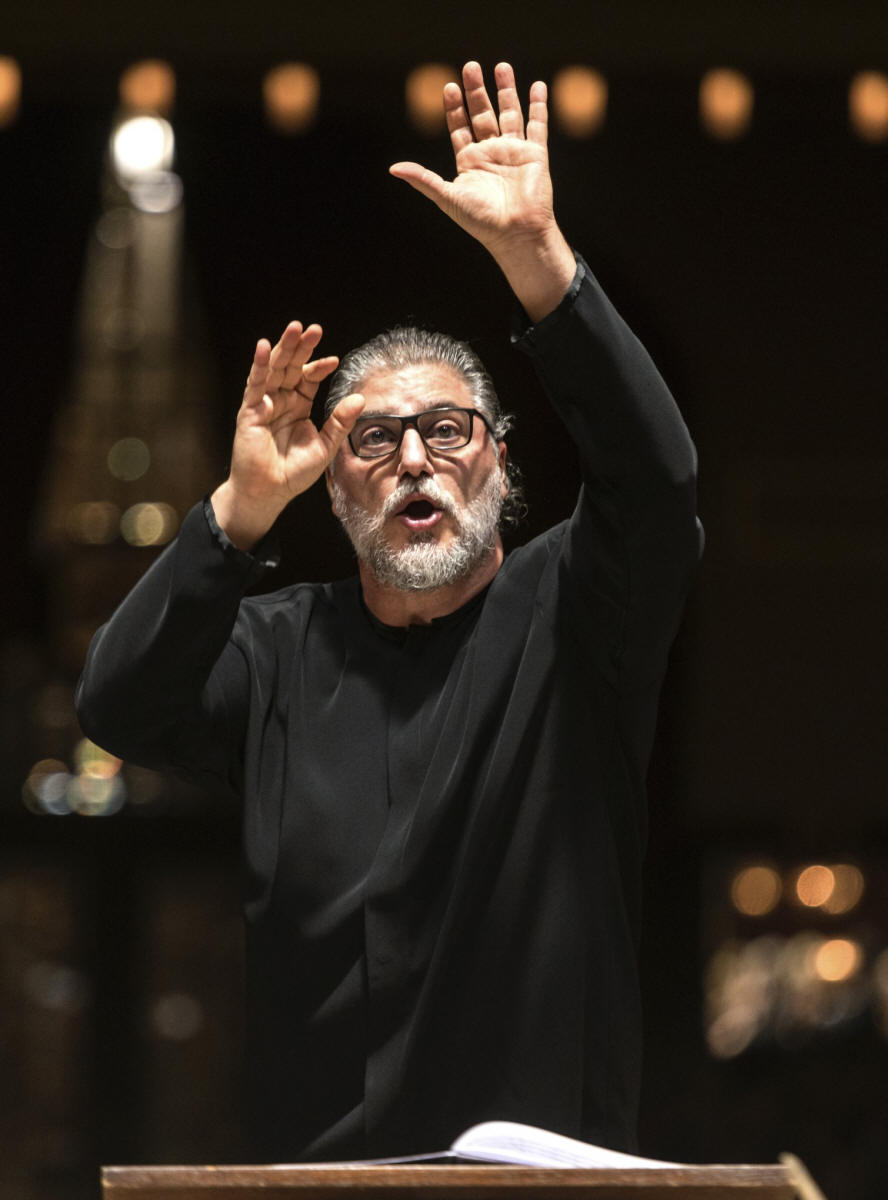




.jpg)





















.jpg)





































.jpg)



















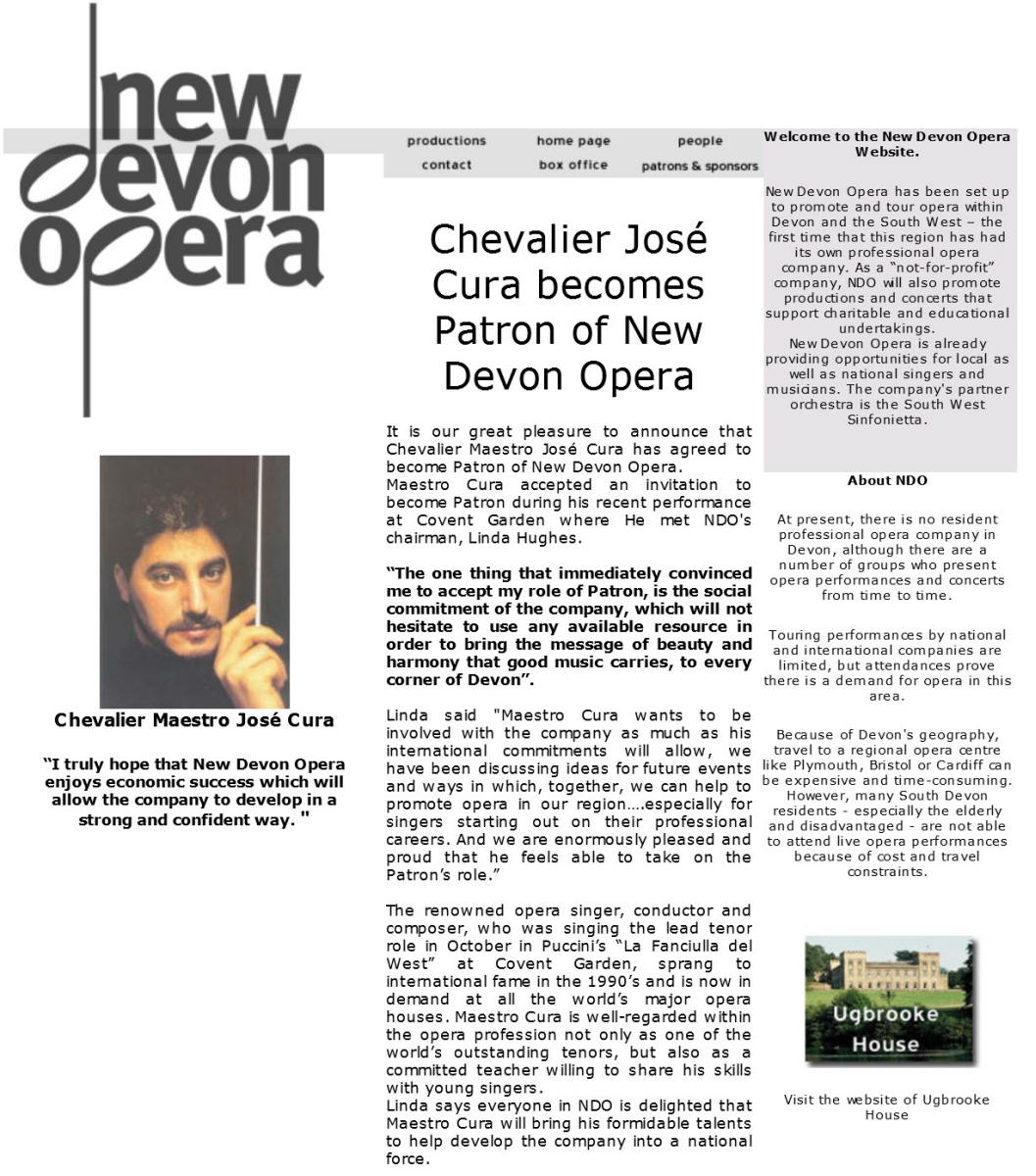
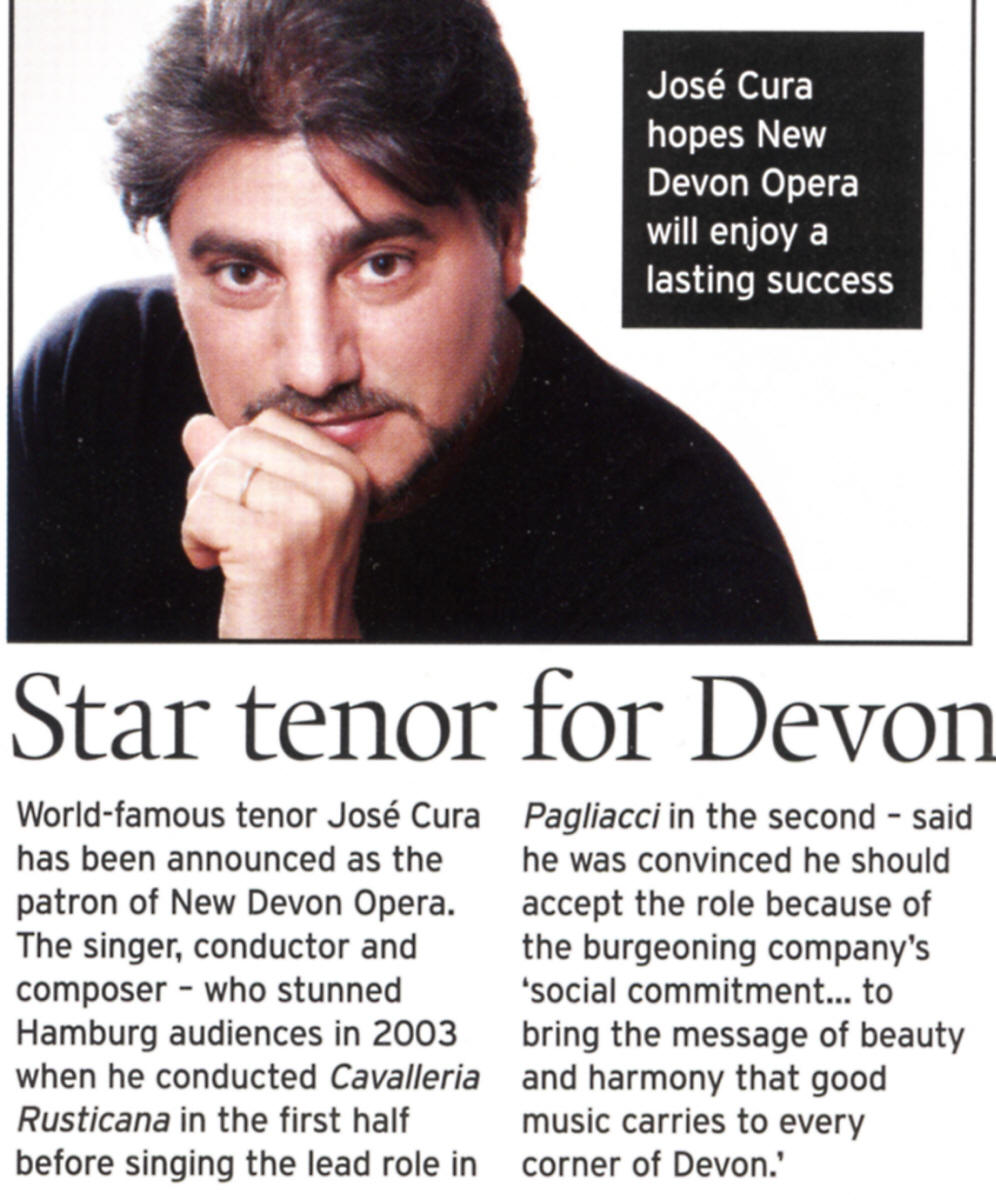


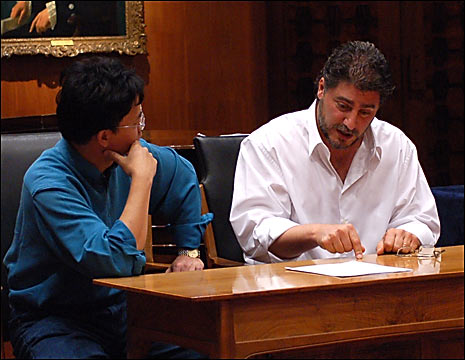

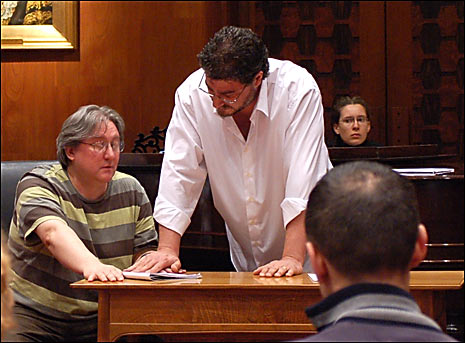

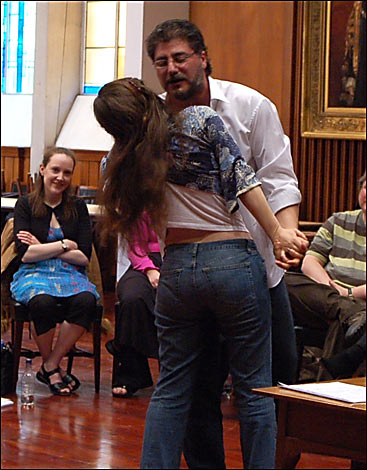


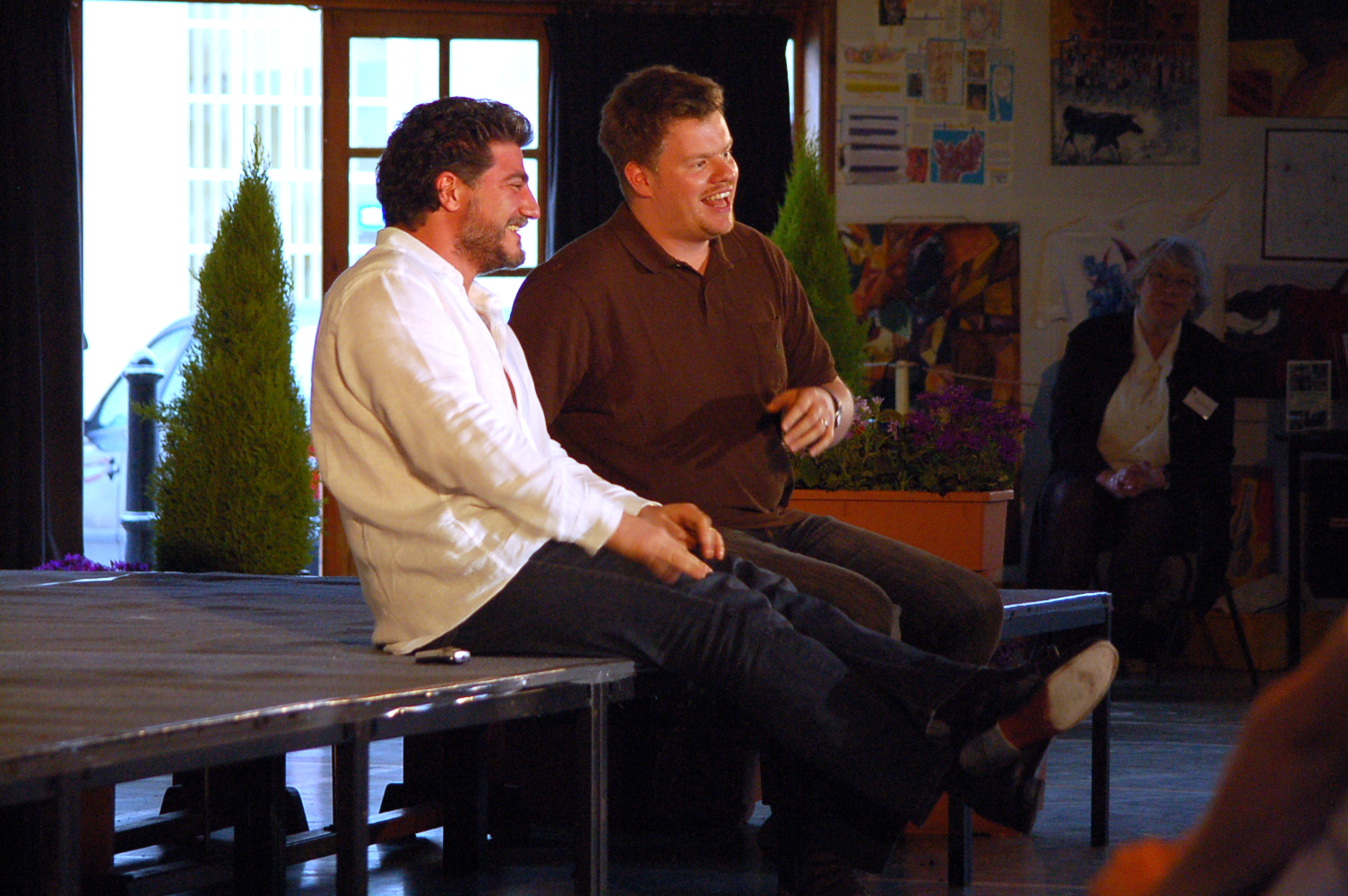
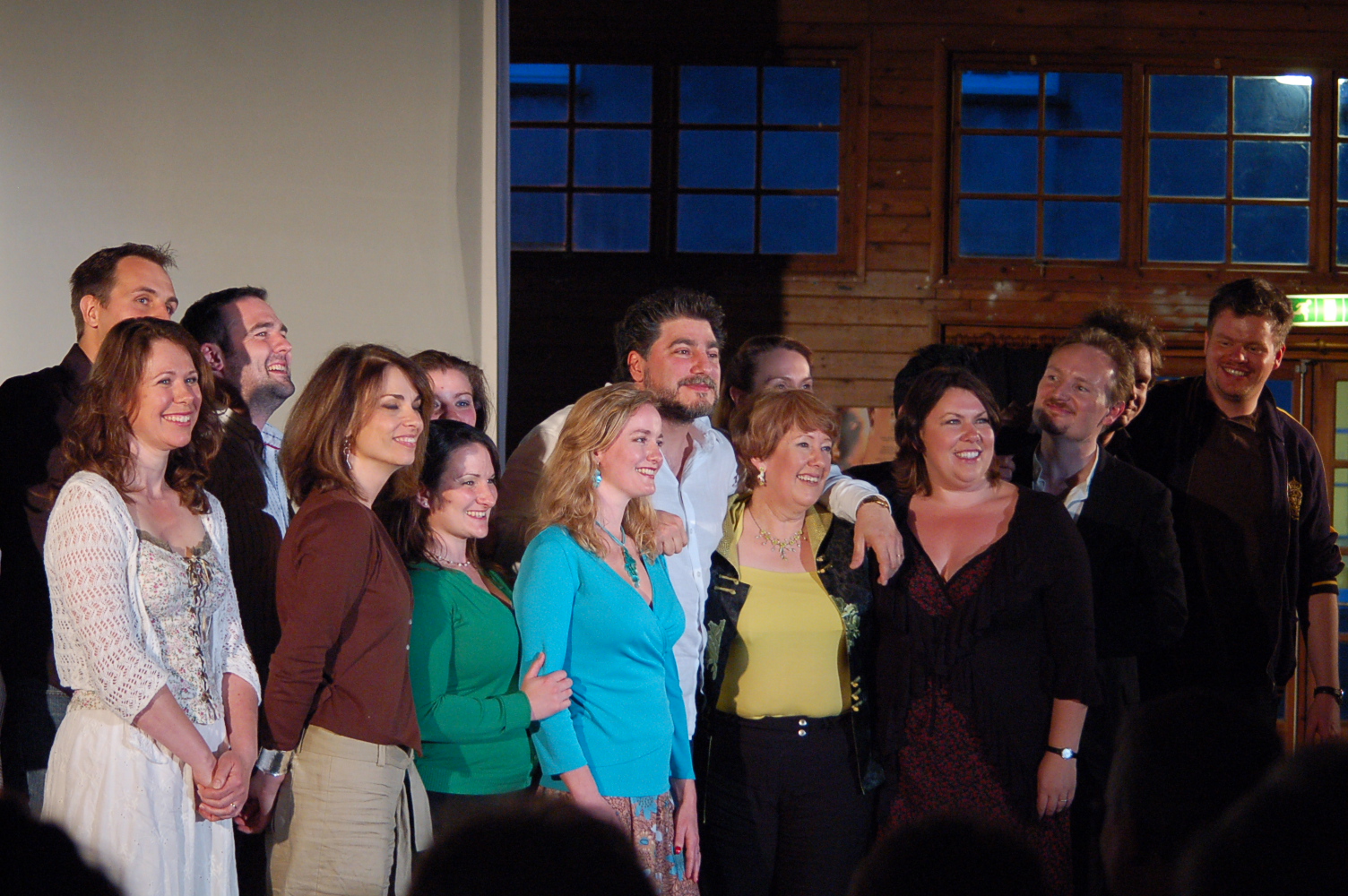
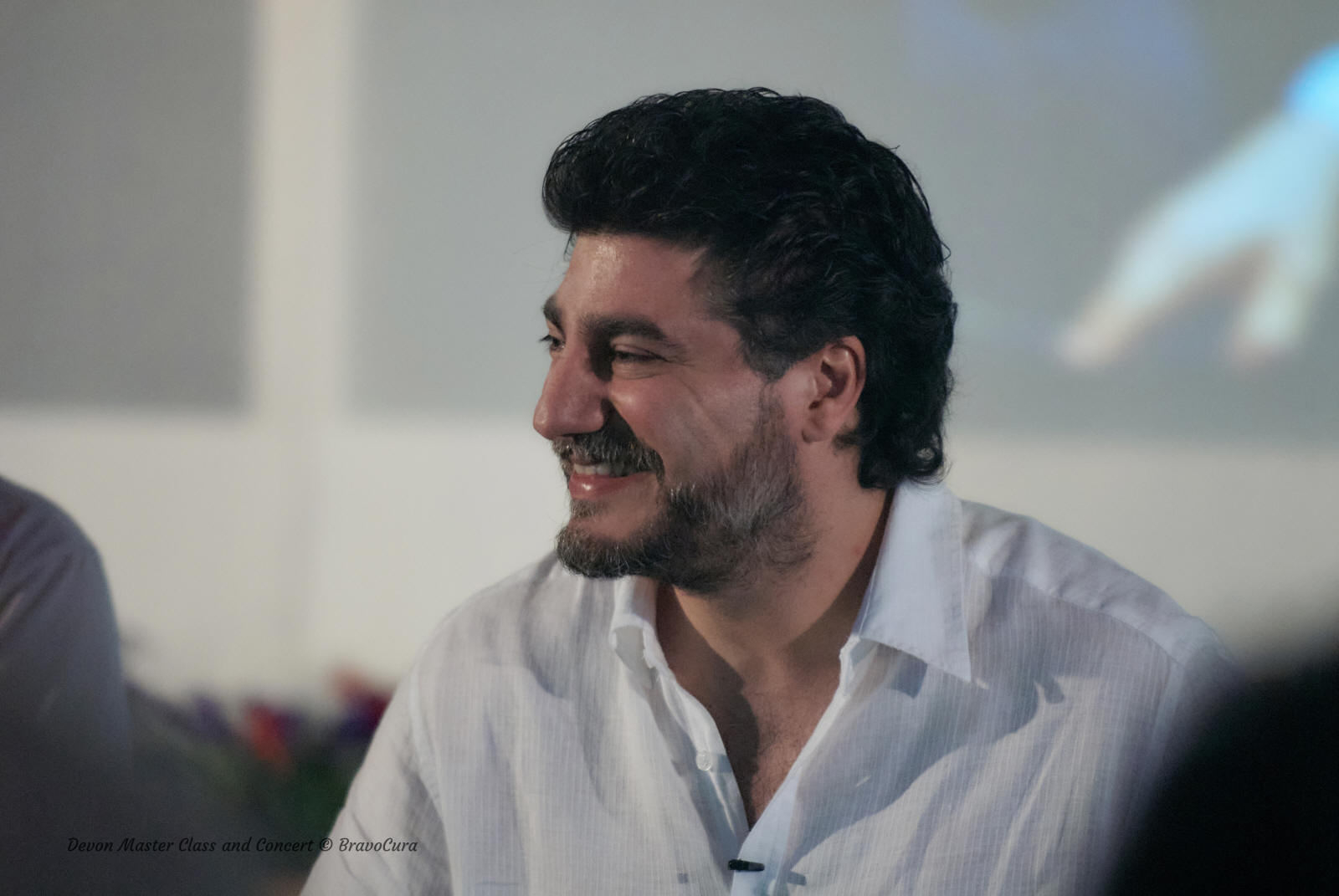
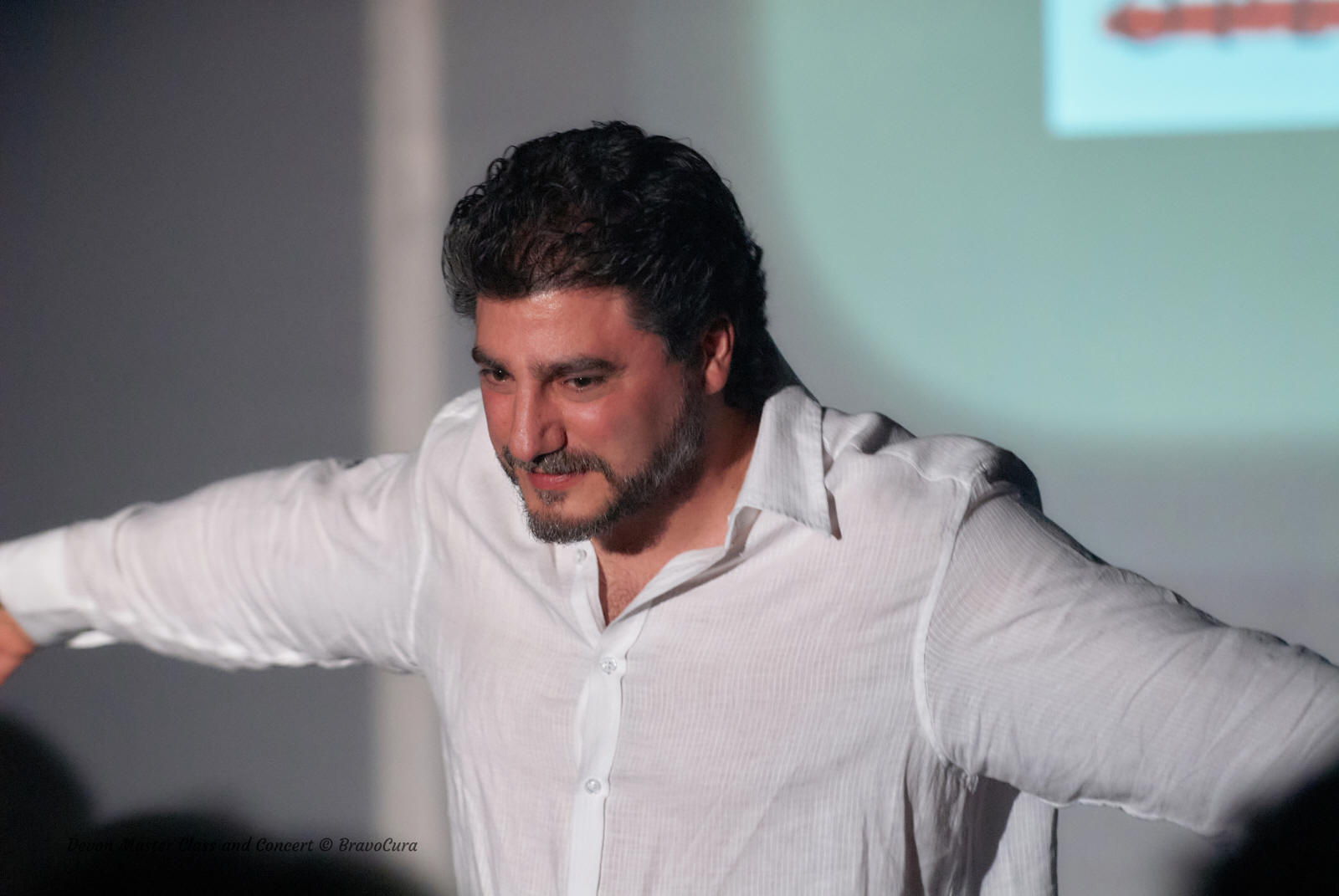
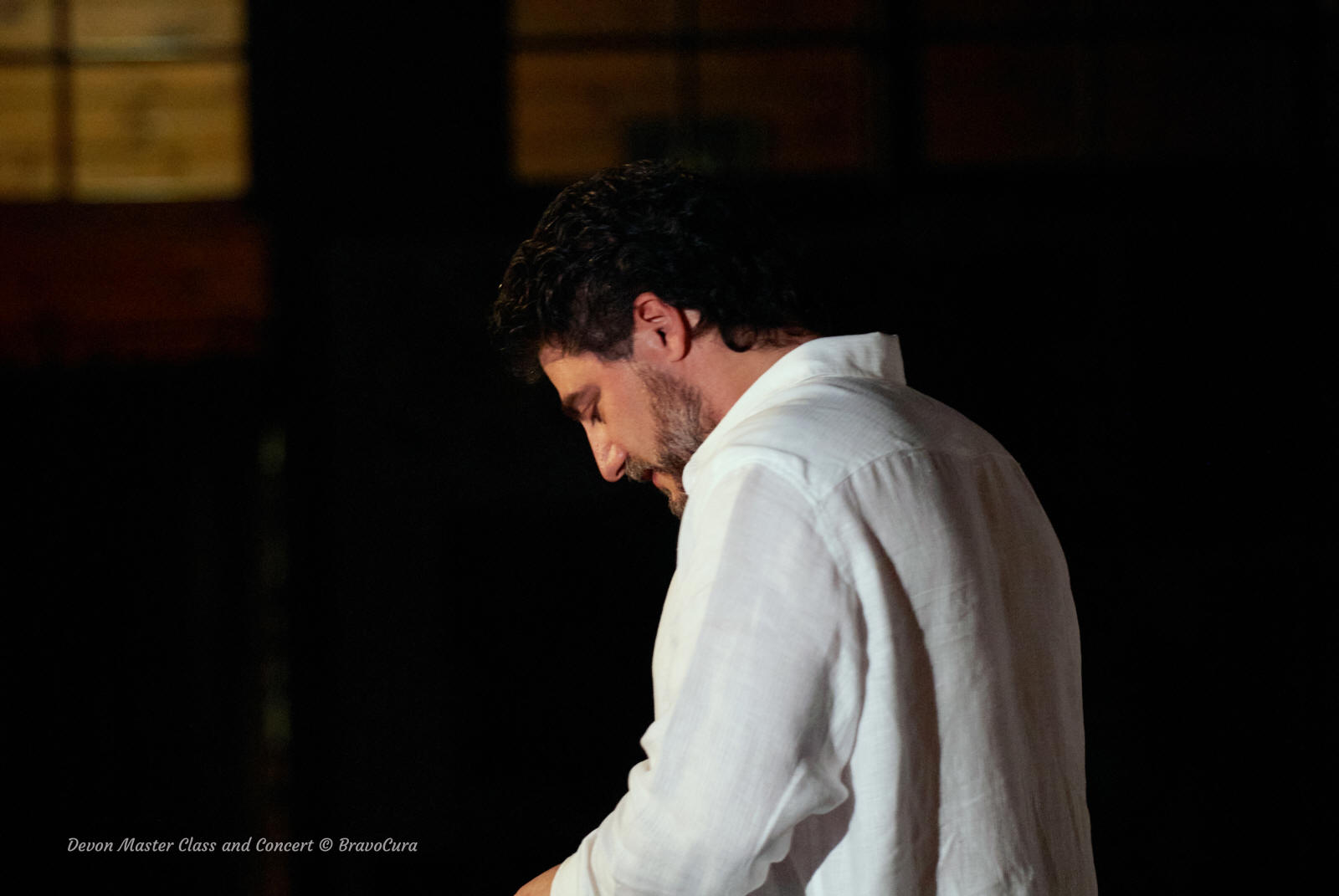
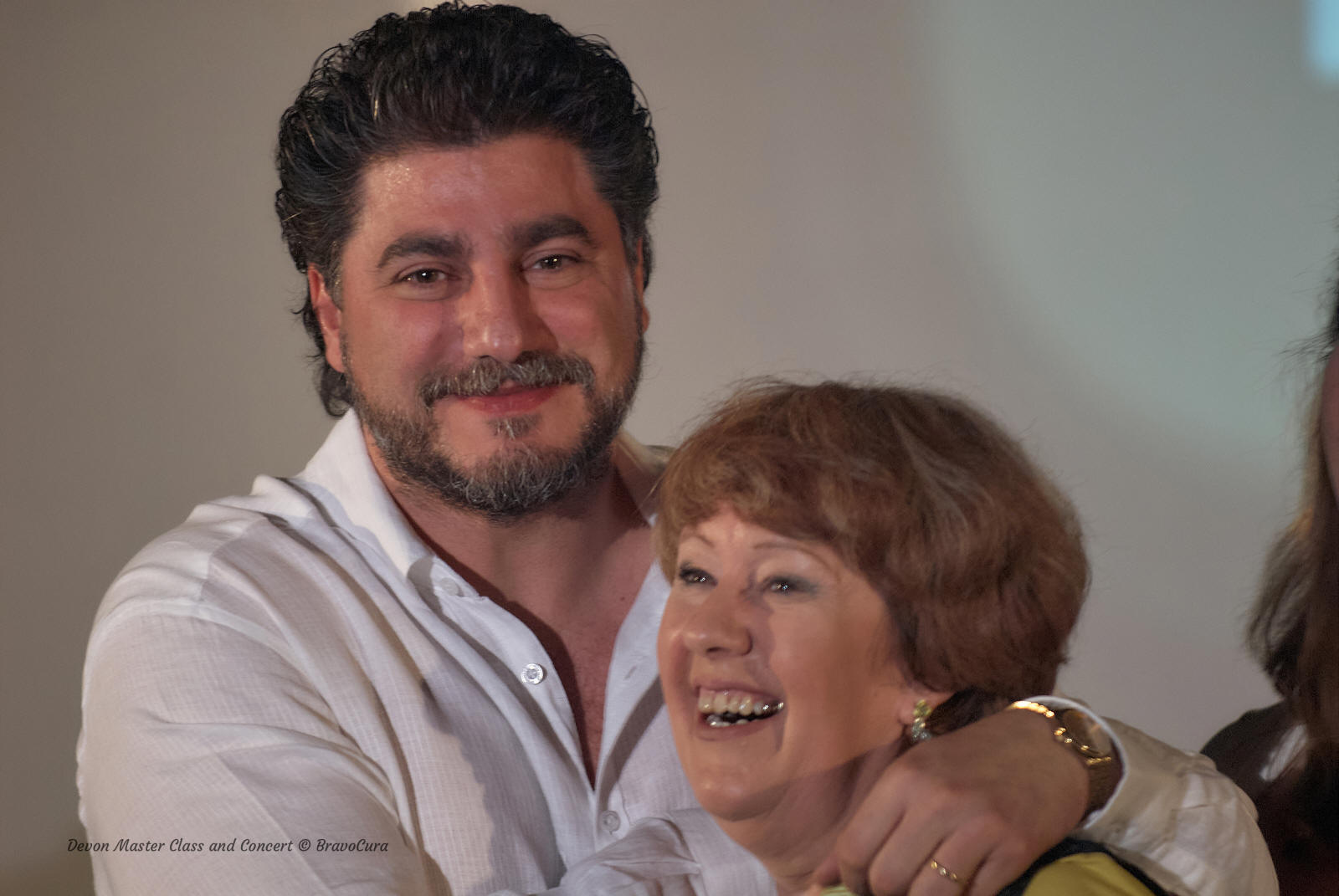
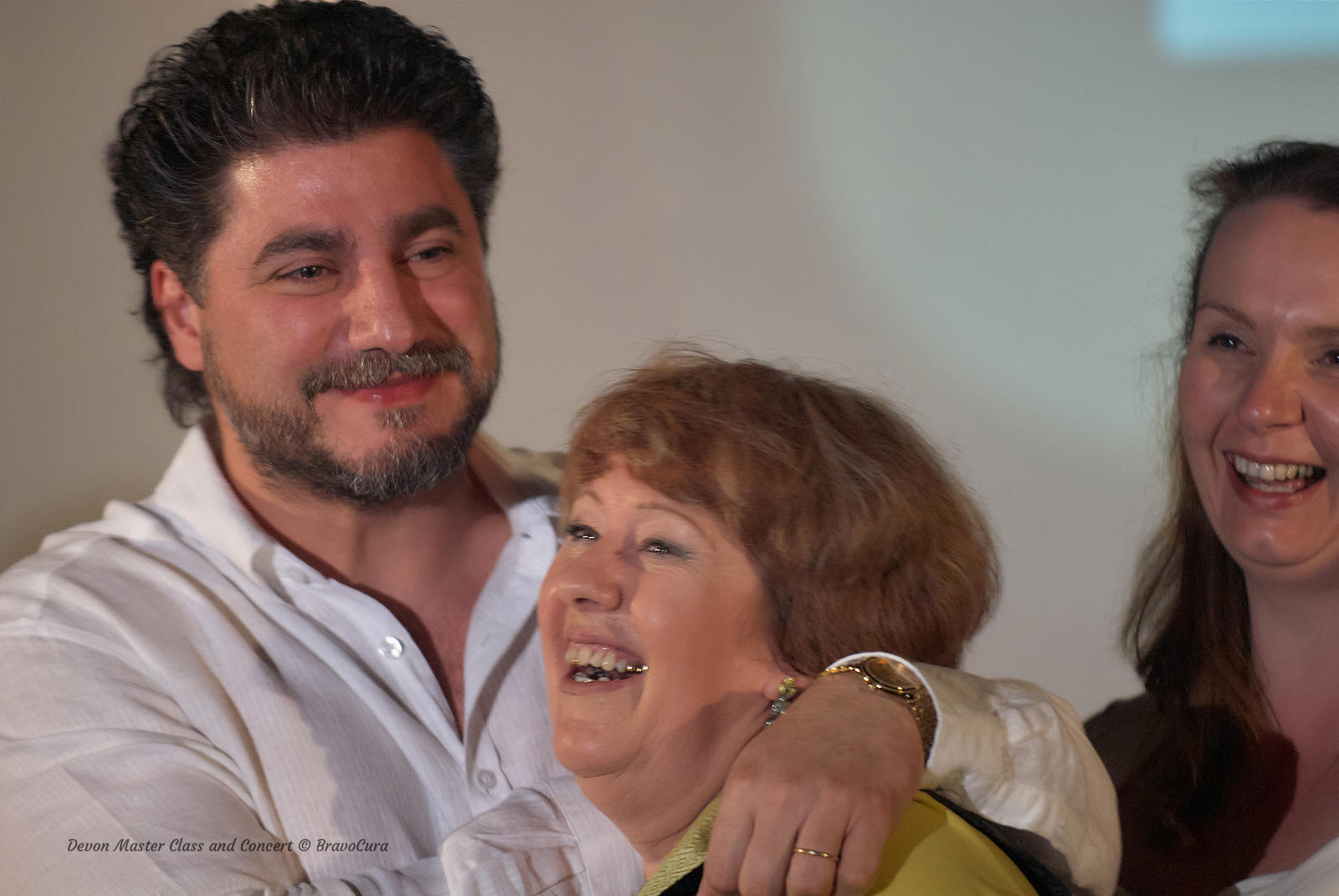
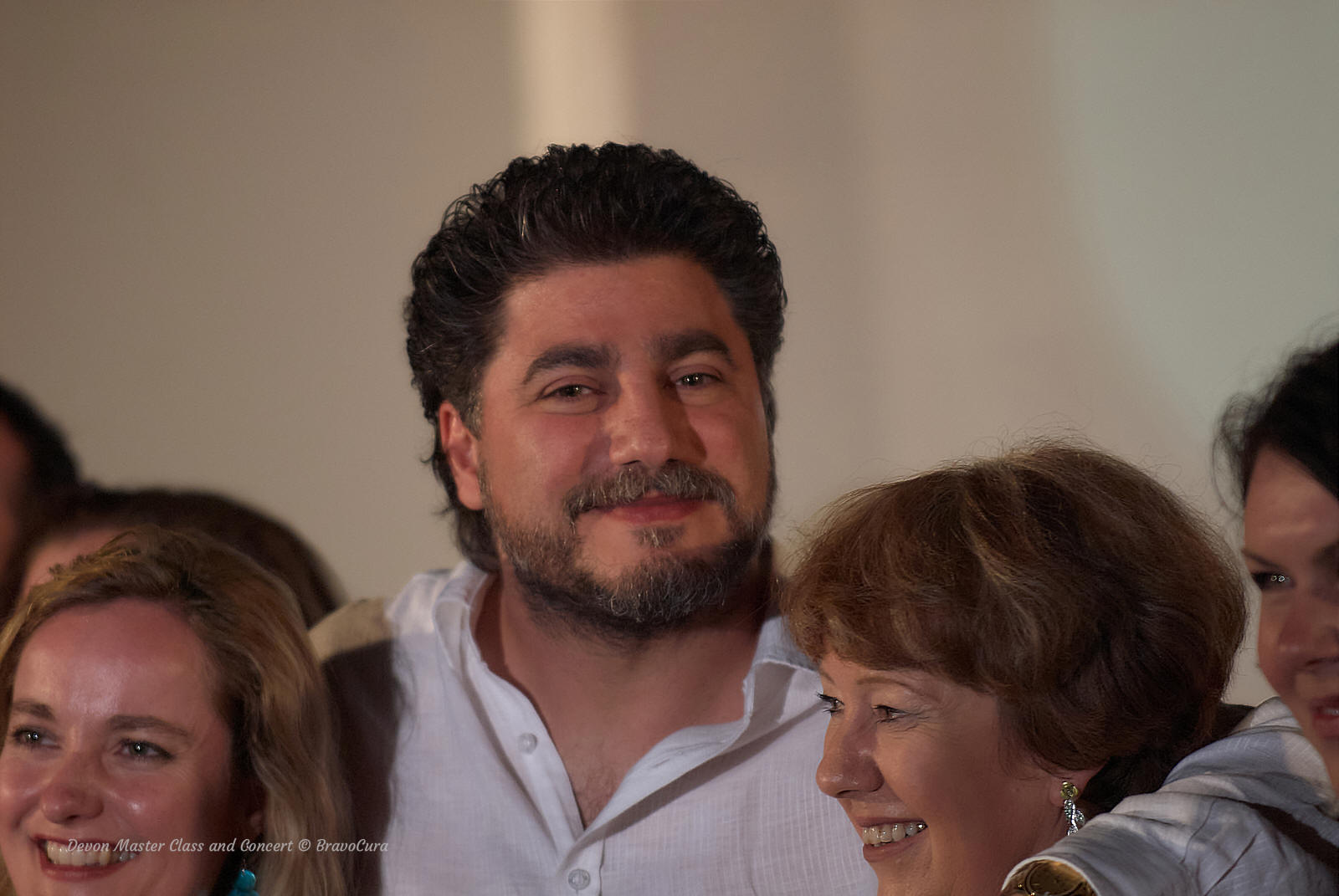
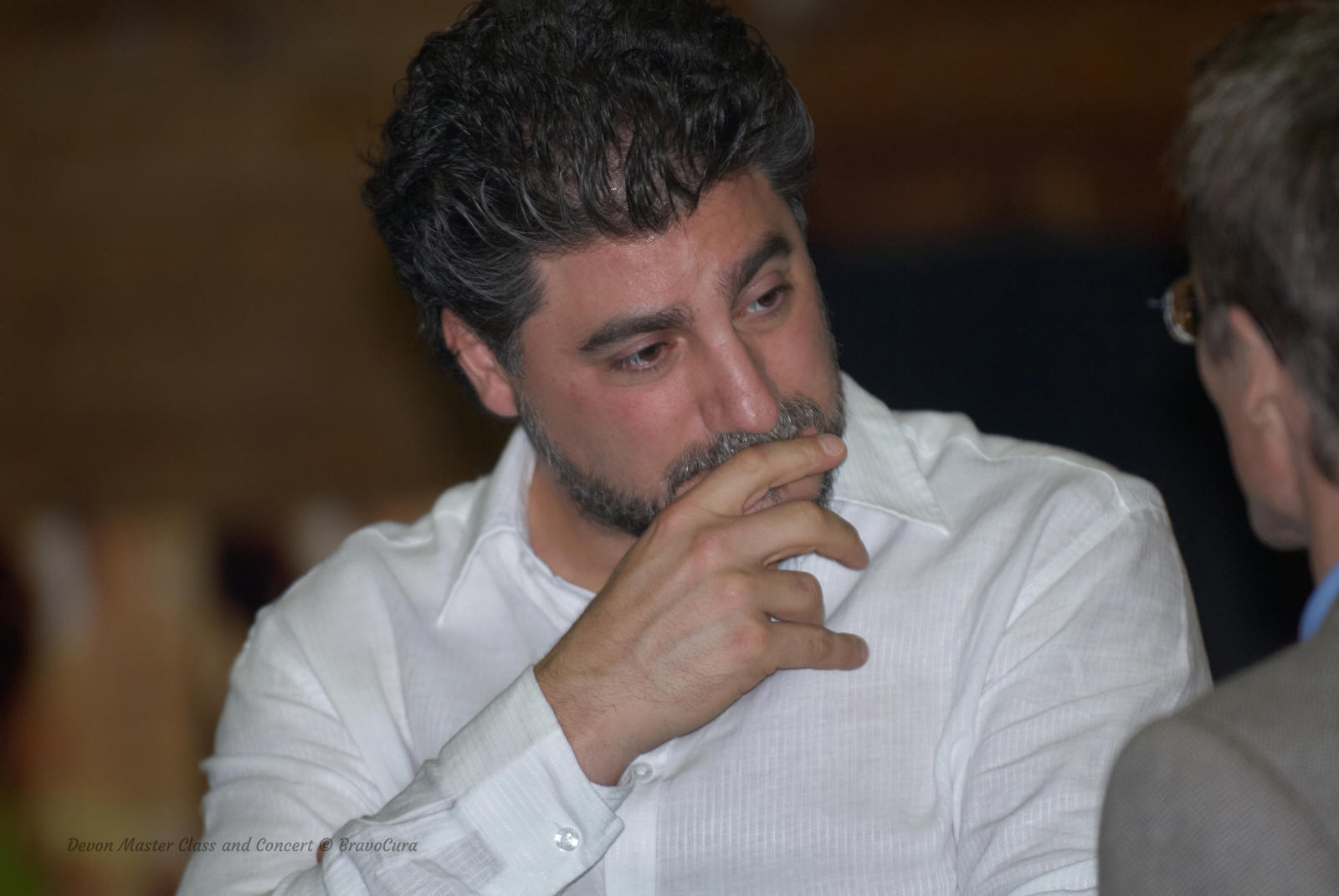
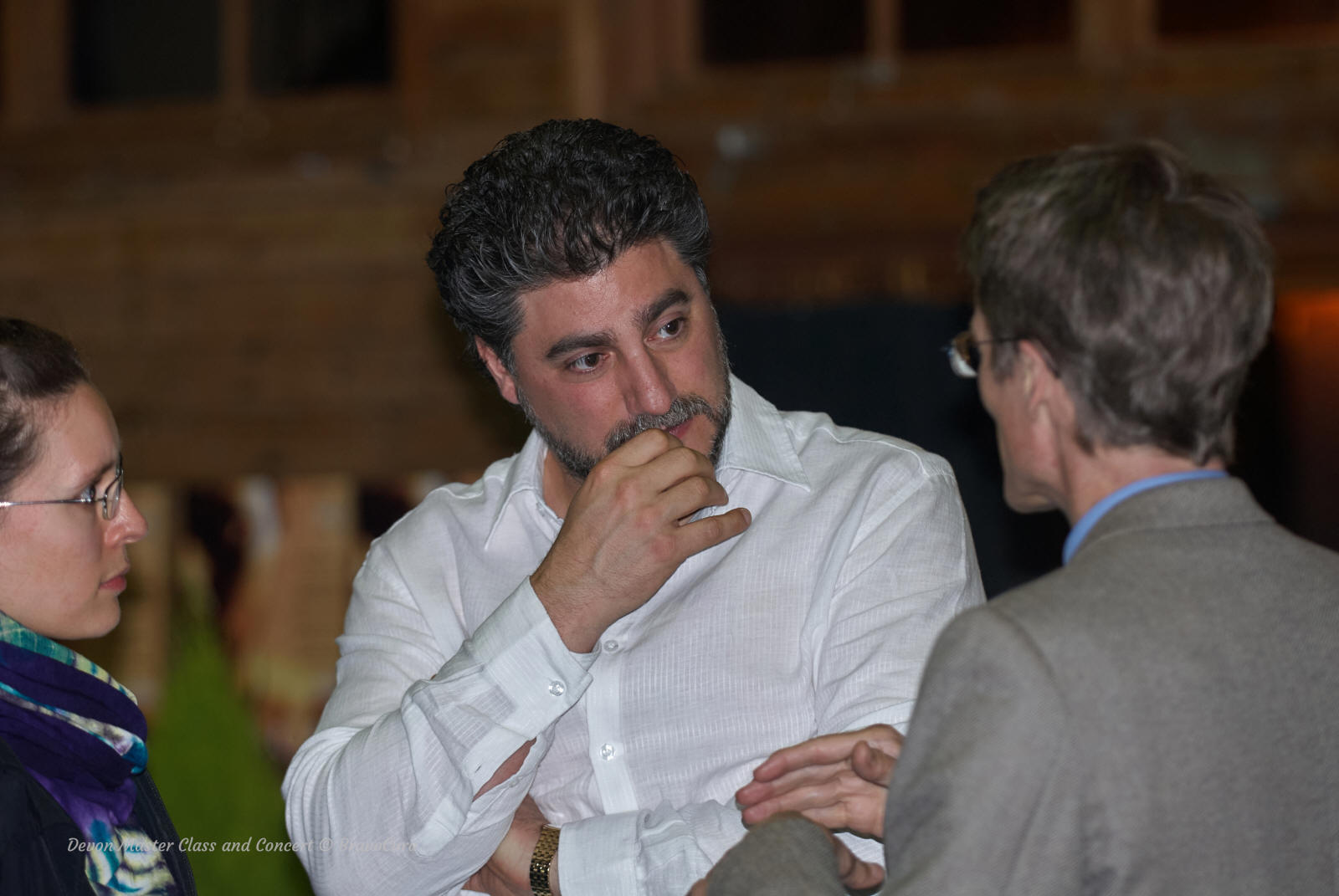
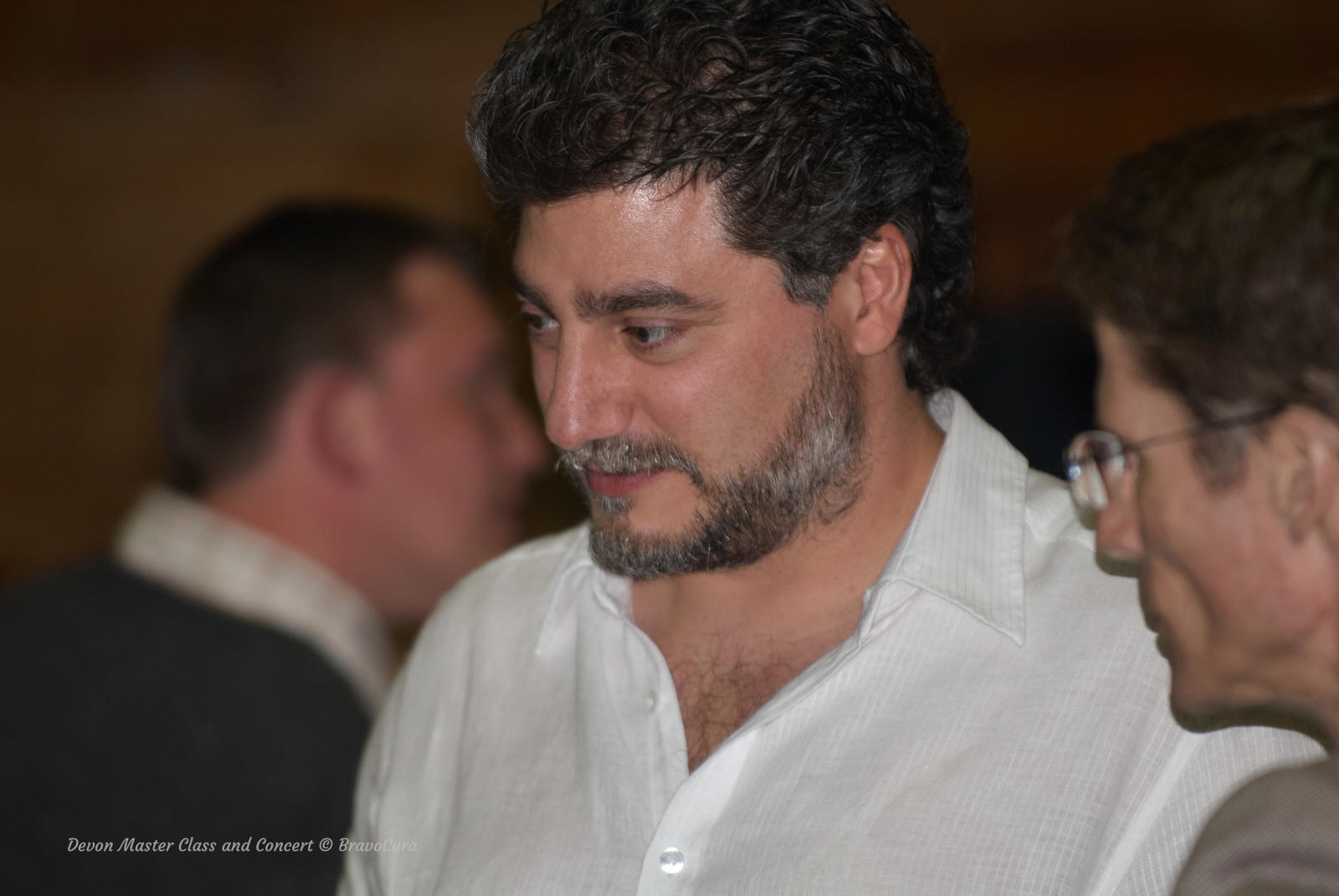
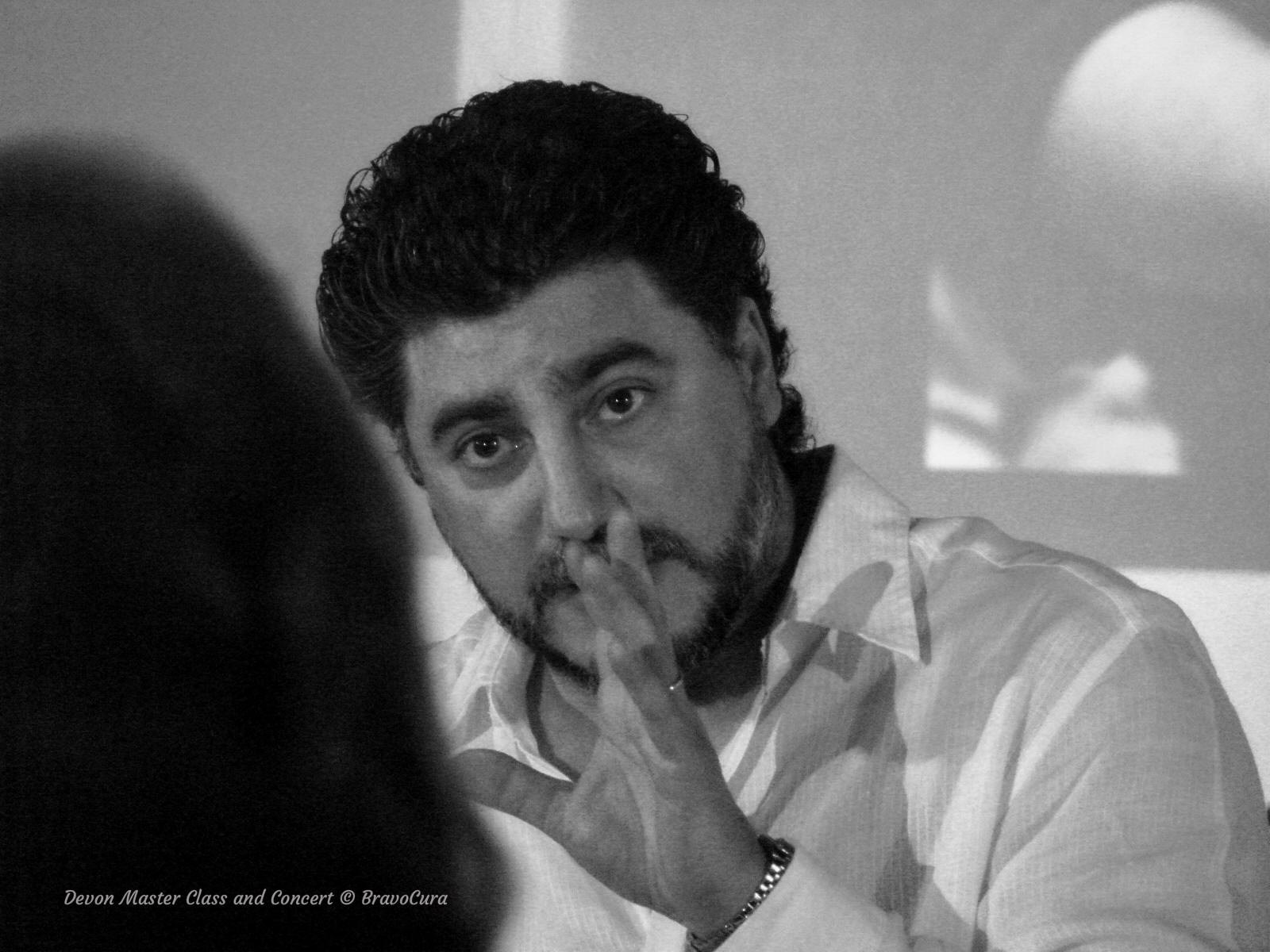
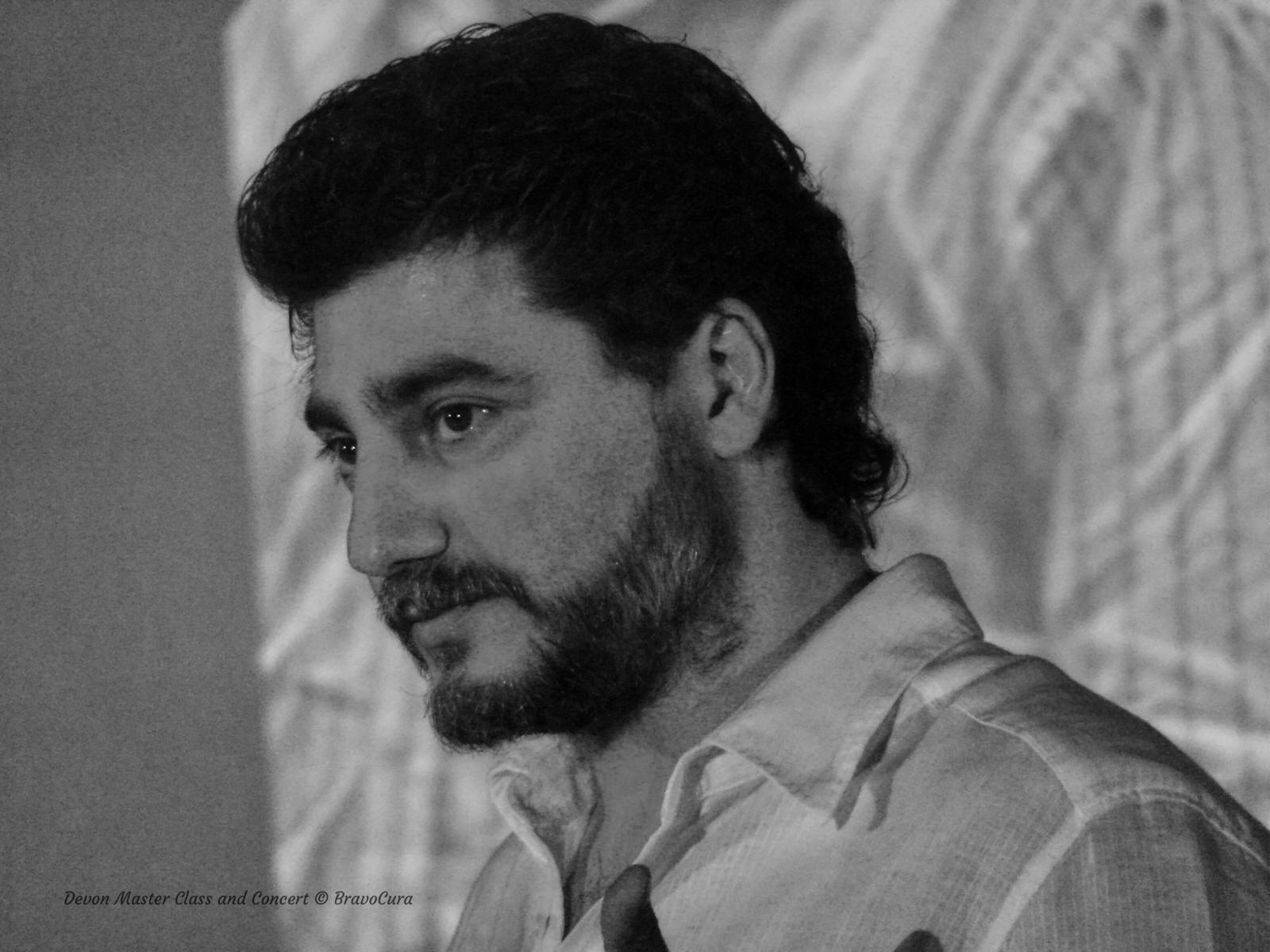
.jpg)
